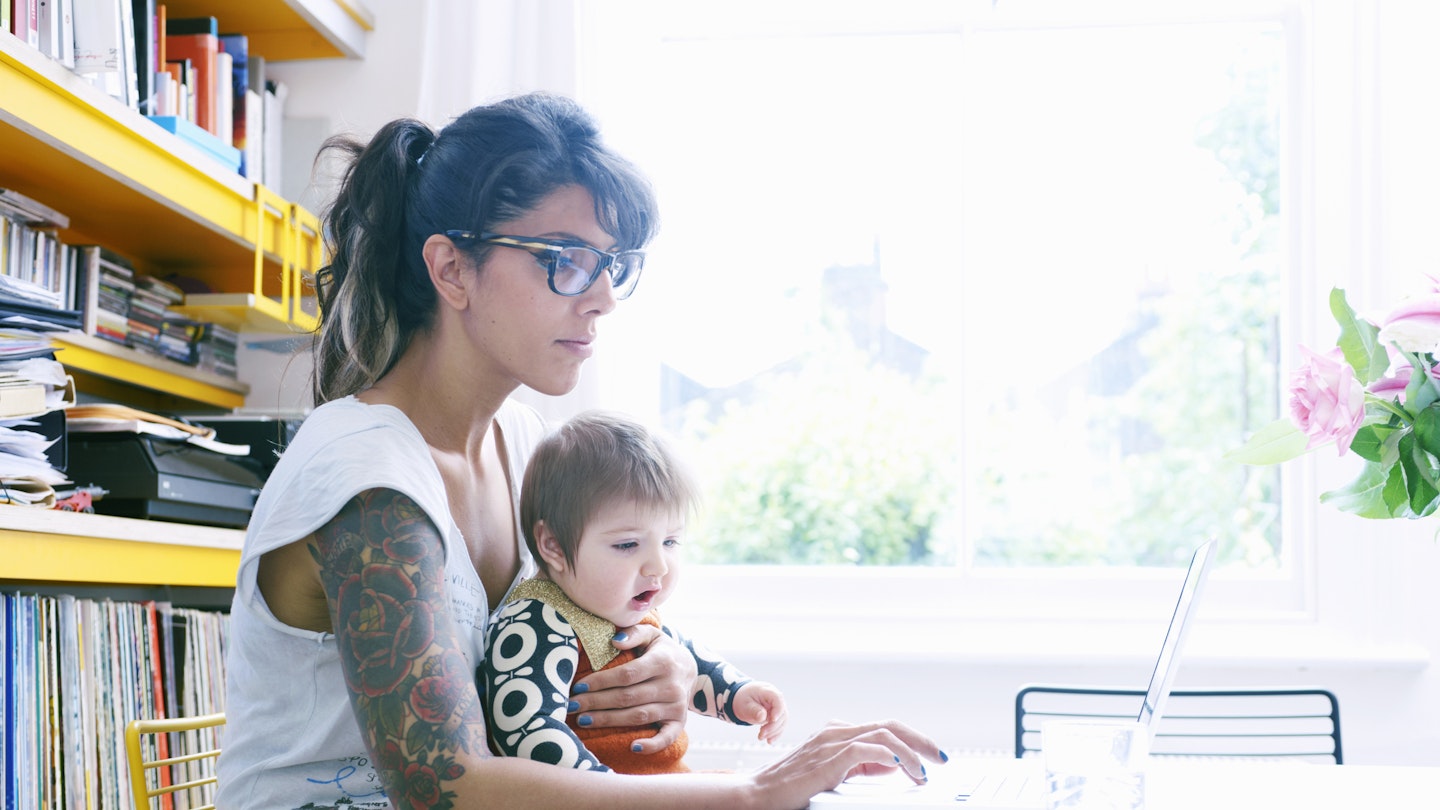Since the onset of the pandemic, single parent families were three times more likely to be reliant on foodbanks, nearly one in 10 has fallen out of employment and many are on the brink of exhaustion after months juggling home schooling and working full time. This year has been the ultimate test for the 1.8million single parents across the UK. Here, in honour of Single Parents Day on Sunday 21 March, one single mum tells us what you can do to support the single parents in your life, and how to help on a broader scale.
When you think about single parents, the words may conjure a picture of resilience, determination and grit. ‘Strength’ is one of the most common words used to describe single parents, with single mums in particular often given labels such as ‘wonderwoman’ or ‘supermum’. Since becoming a single mother four years ago, I have lost count of the number of times someone has said to me: “I don’t know how you do it!” And let me answer, once and for all, on behalf of single parents everywhere: we do it because there is no other choice. There is nobody else to do it.
There is nobody else with whom to share the load, whether that be physical, when your toddler has a supermarket meltdown and you have to scoop them up and carry on, or emotional, when you feel like you’re doing everything wrong, and the parental guilt is overwhelming. And the heaviest part of this load, at times, particularly for new single parents, can be the stigma attached to their role. Whether real or assumed, it can feel all-consuming and the weight of it is unbearable. This perceived stigma prevents single parents everywhere from asking for help, because they feel that they have to prove (to themselves as well as others) that they’ve got this; that they don’t need help. But I’ll let you into a little secret: they do. The old adage ‘it takes a village’ runs true and if you have the opportunity to be a part of a single parent’s village, please do it. Not sure where to start? Here are a few ideas.
CASH
More single parent families than ever relied on food banks throughout the pandemic. Single parent families were over three times as likely to have relied on them than coupled families. Child benefit rules mean two-parent families can earn twice that of single parents (up to £100k compared with up to £50k) and still receive support, despite raising a family on one income instead of two. Working single parents are doing two jobs (one paid, one unpaid) with no support, and childcare costs and lack of access to flexible work are both barriers to career progression meaning single parents are less likely to rise up the career ladder. If your single parent friend is struggling, buy them a coffee, buy them dinner, and if you can afford it, offer to help. If you want to help those hardest hit, check out Gingerbread Charity’s Single Parents’ Day campaign, where you can make a donation.
CHILDCARE
During the first lockdown it really felt like the rest of the country was getting an insight into single parent life, because when you’re a single parent you’re effectively on constant evening lockdown once your child goes to bed. Every pub, bar and restaurant may as well be a figment of your imagination when you’re trapped inside every evening alone. Offer to babysit (once we’re actually allowed to go out), so they can refill their cup, go for a drink with a friend, go on a date or just have a bath in peace and rediscover a little sanity, before you return to your own life of relative freedom.
SUPPORT
It can feel like your friends are dropping like flies when you become a single parent. You can’t say ‘yes’ any more to social events. Sometimes the invites dry up on their own because you’re no longer part of a couple. Or maybe you just don’t seem to have anything in common anymore. In truth, the first few months as a single parent are impossibly tough and everyone copes in their own way. Some will want to talk to friends and family every night. Some will curl up in a ball and turn off their phone. However your friend needs you to show up, try and be there for them. And if that means being patient while they find their feet, or when they cancel your dinner plans when their childcare falls through, be compassionate. Don’t stop calling.
INCLUSION
That single parent stigma we spoke about before? It’s real. Not only is it the result of countless negative media portrayals of single mothers in particular, but single parents are actually facing day to day discrimination. A survey of more than 1000 single parents by the Single Parent Rights Campaign showed that more than 50% reported discrimination within lockdown rules. The research also revealed certain groups face heightened discrimination, including single parents from Black, Asian, and Minority Ethnic groups, those living with disabilities and those on low incomes. The campaign group is lobbying for single parent rights to be protected under the Equality Act but until the government takes a more inclusive stance toward single parents, make sure you are doing your bit. Invite all the parents to play dates and coffee groups, not just the ones that fit your picture of what parenthood looks like. Don’t forget the single dads, who account for 10-20% of single parents; their kids might be left out if it’s only mums who arrange meet-ups.
PAY IT FORWARD
The majority of single parents didn’t plan on doing this alone. And it isn’t any easier for the ones who did. The 1.8million single parents out there are often in this, the toughest of jobs, as a result of decisions out of their hands, because of adultery, abuse, or even the loss of their partner. It can feel like a suffocating, thankless task at times, many are doing it while coping with loss, or recovering from trauma and there’s nobody by your side telling you to stay strong, that you’re doing a great job. Don’t tell them you 'don’t know how they do it’, tell them you love them. Tell them you’re there for them. Tell them they’re amazing and that they’re doing the right thing by their kids. Tell them they’re a success.
Because single mums and dads are resilient, they are independent. They are towers of strength. But when those foundations feel a little shaky, it will mean everything to them to know that the village is there, if they need it.
READ MORE: So, You’re A Single Parent? A Complete Guide To The First Few Months Of Your New Life
READ MORE: The Danger Of 'You've Got This' When It Comes To Parenting
Best Parenting Books
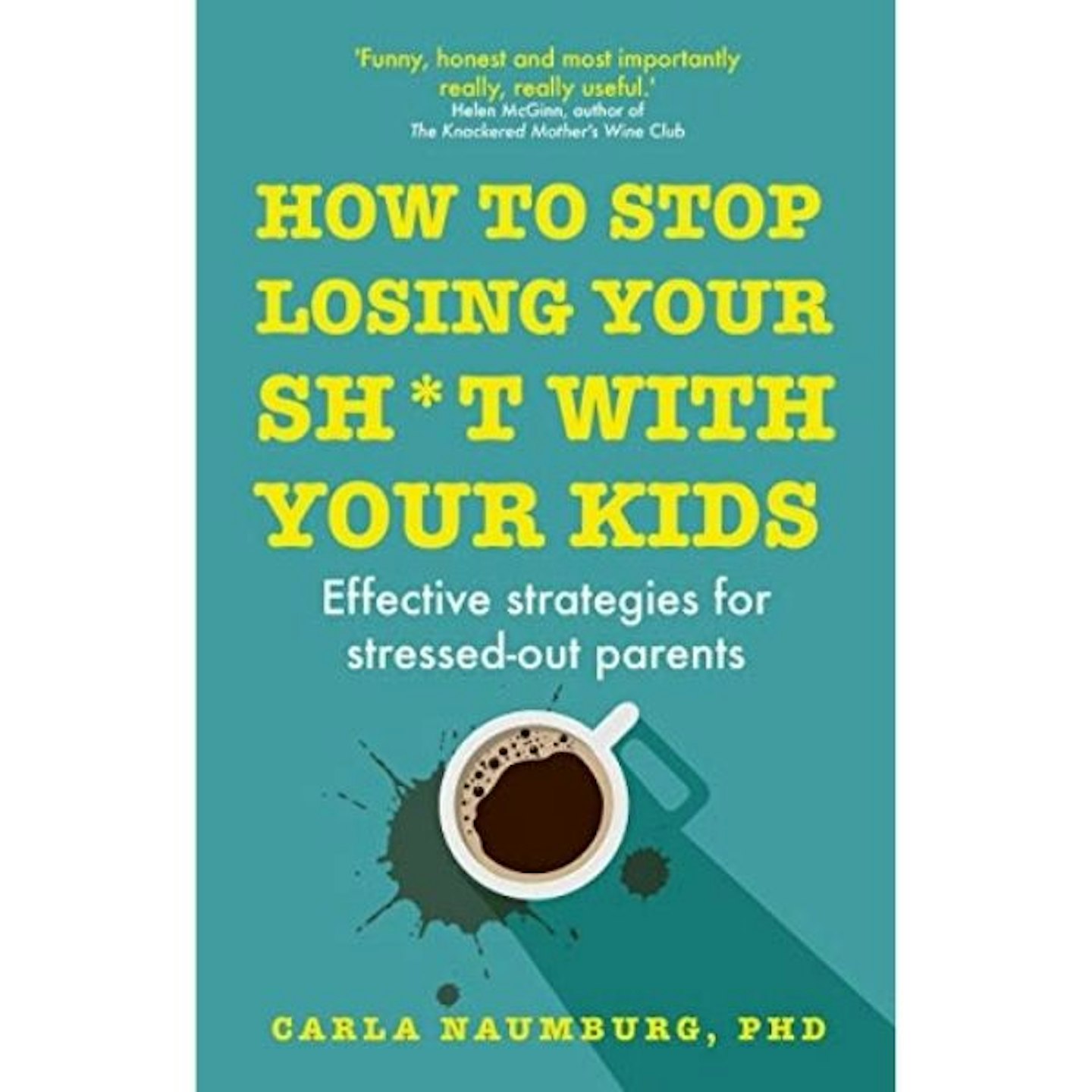 1 of 30
1 of 30How to Stop Losing Your Sh*t with Your Kids, By Carla Naumburg PhD
Pragmatic about helping you work through your sh*t to be a more present and positive parent. Increasingly relevant to today's parents, who are more overloaded, overwhelmed, and overworked than ever before, Carla Naumburg has the antidote to the feelings of complete despair and rage. With some humour too…
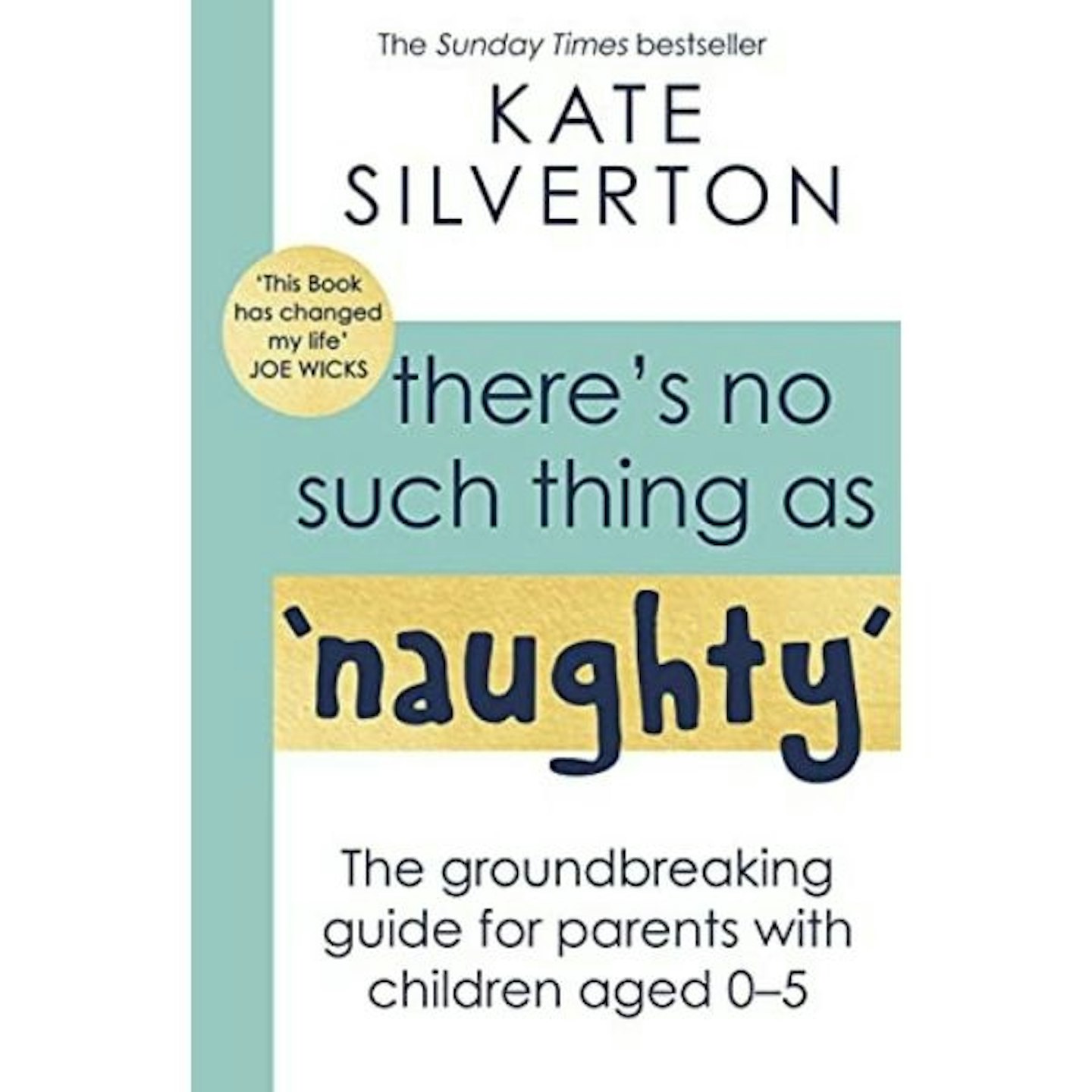 2 of 30
2 of 30There's No Such Thing As 'Naughty', By Kate Silverton
This Sunday Times Bestseller details the secret to tackling tantrums, tears and laying the foundations for your child's mental health. In There's No Such Thing As 'Naughty', mum to two young children, journalist and children's mental health advocate Kate Silverton shares her groundbreaking new approach to parenting under-fives that helps to make family life a breeze!
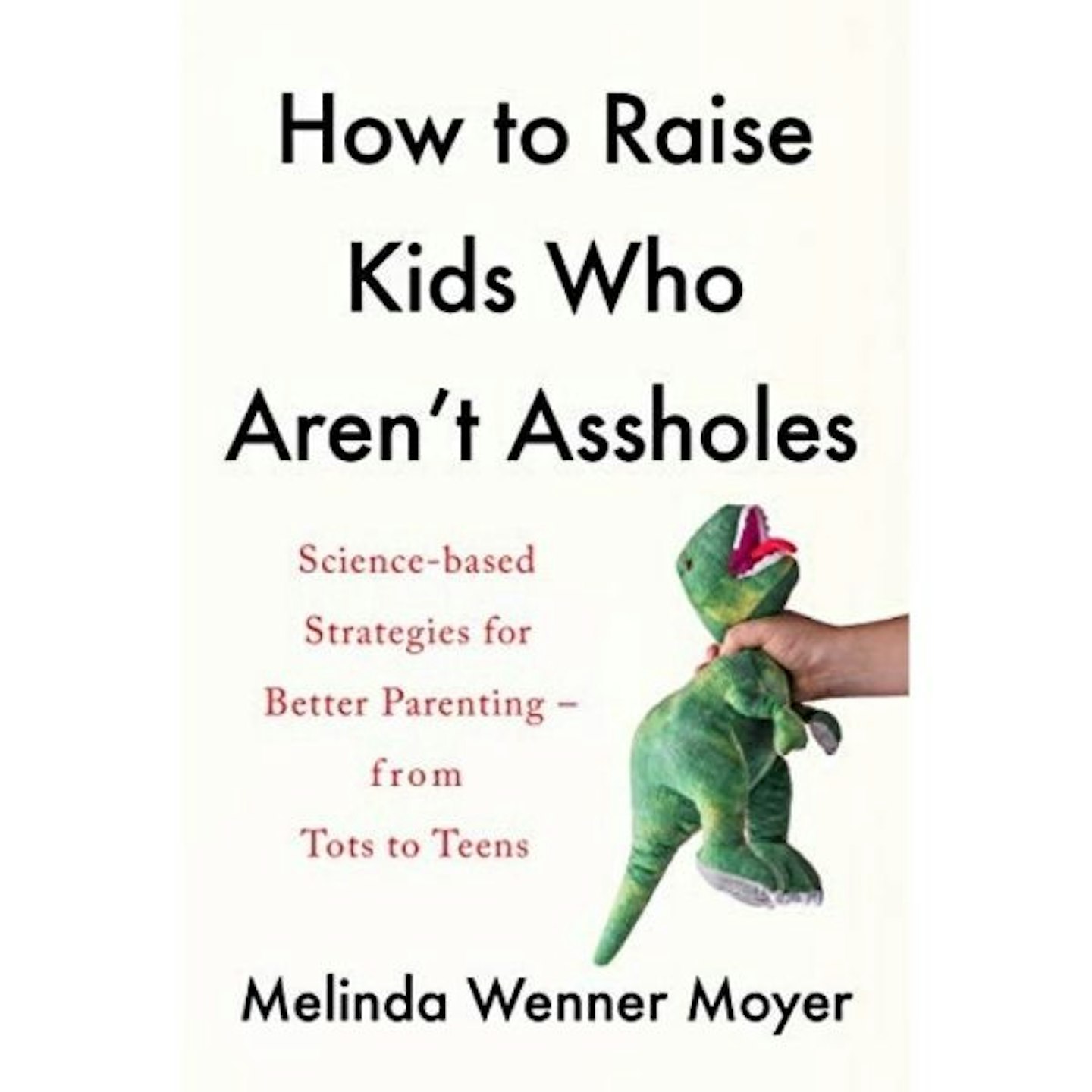 3 of 30
3 of 30How to Raise Kids Who Aren't Assholes, By Melinda Wenner Moyer
As Melinda's children grew, she found that one huge area was ignored in the realm of parenting advice: how do we make sure our kids don't grow up to be assholes? How to Raise Kids Who Aren't Assholes is a researched, evidence-based guide that provides a fresh, often surprising perspective on parenting issues, from toddlerhood through the teenage years.
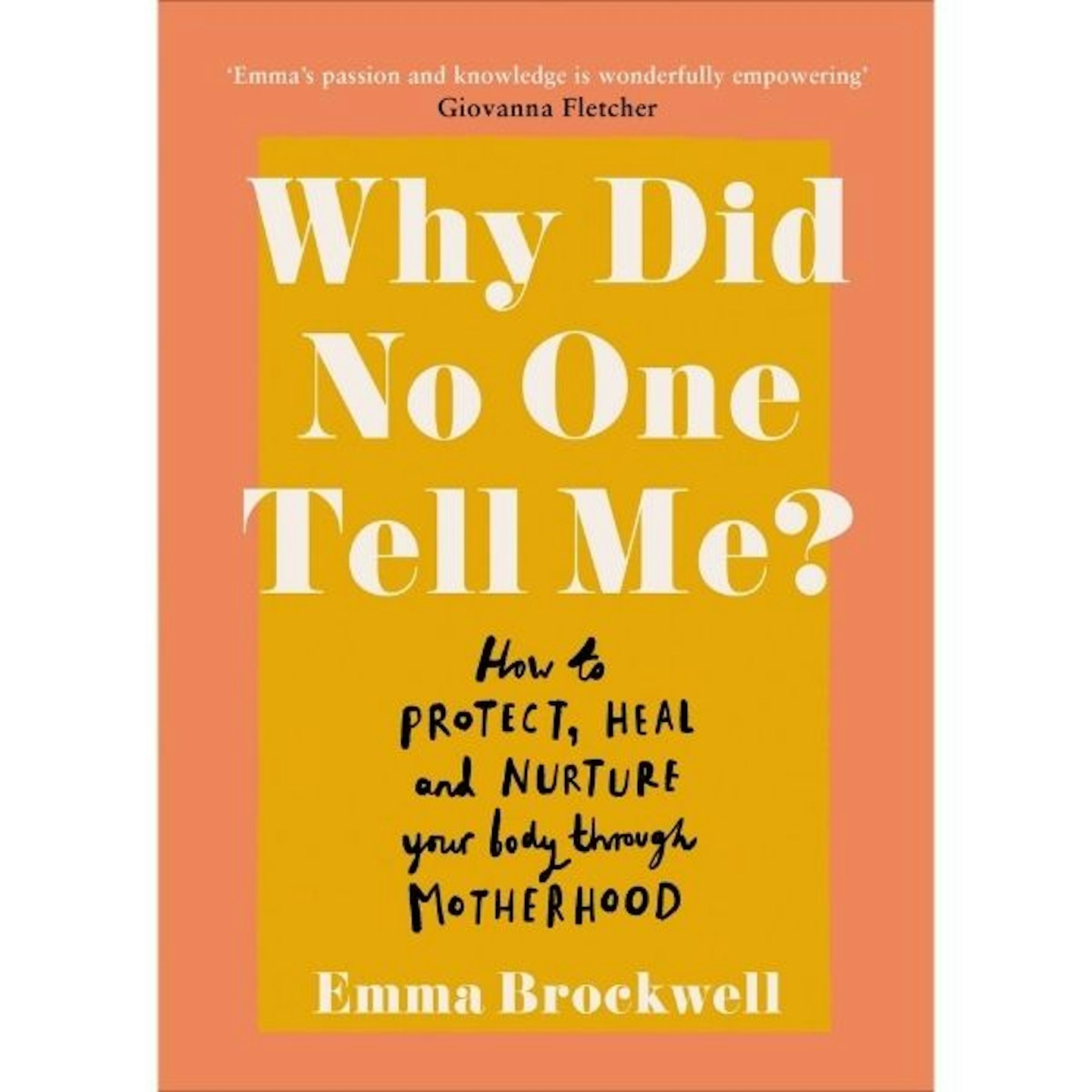 4 of 30
4 of 30Why Did No One Tell Me?: How to Protect Heal and Nurture Your Body Through Motherhood
For too long, women have been told that debilitating conditions following pregnancy are normal and something they have to just put up with. Emma Brockwell is on a mission to change this. In this guide, Emma combines her expertise as a specialist women's health physiotherapist with personal experience to create a warm and informative handbook to help pregnant women and new mums take control and care for their changing bodies. Find out how to:
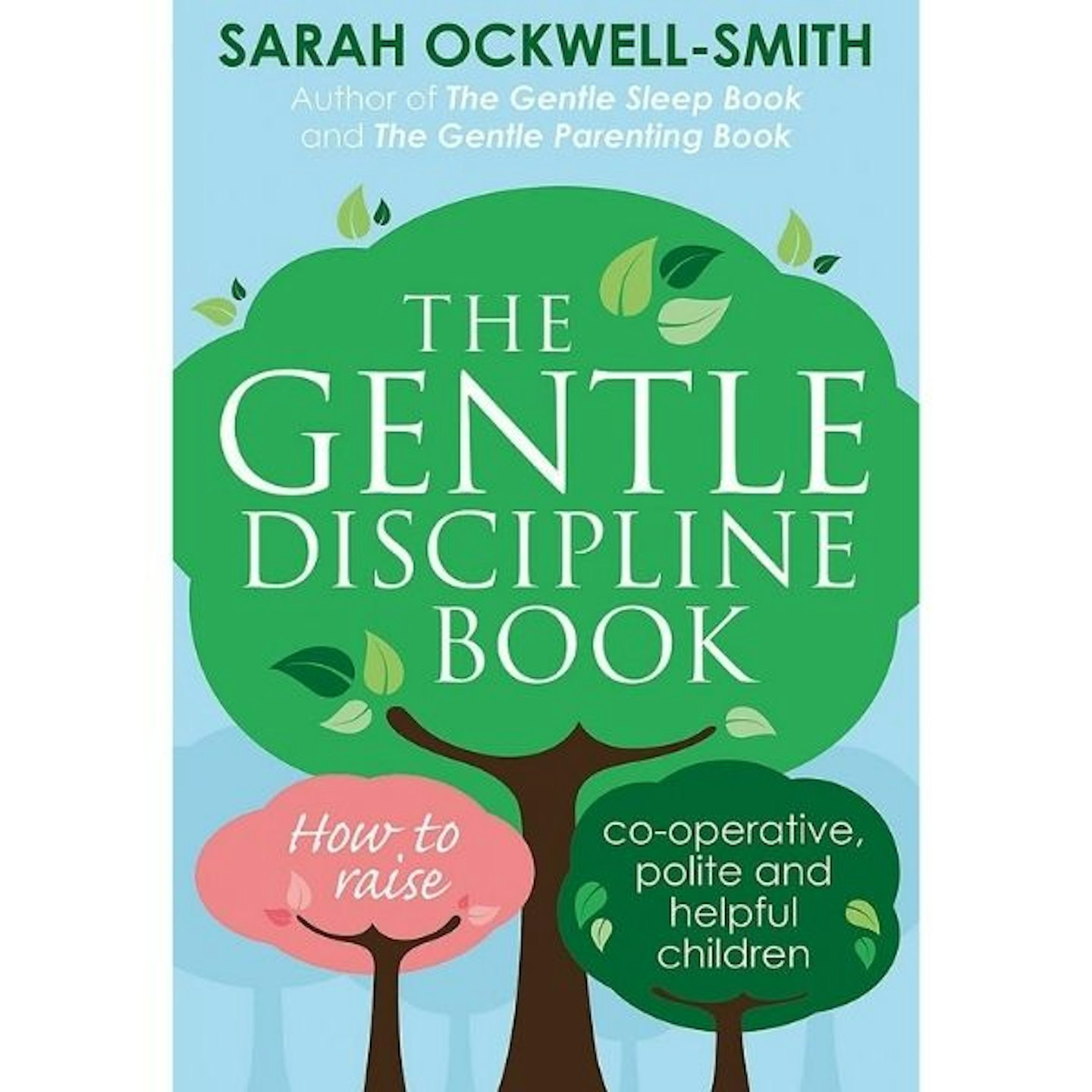 5 of 30
5 of 30The Gentle Discipline Book, By Sarah Ockwell-Smith
In The Gentle Discipline Book, Sarah Ockwell-Smith debunks many commonly held beliefs about punishment and motivation and provides an alternative approach that will empower you to discipline your child in an effective way and with respect. Gentle discipline is not about mollycoddling your child or being a pushover - it means understanding your child, having realistic expectations of them, and responding to their misbehaviour appropriately. It focuses on teaching and learning, not punishment or rewarding.
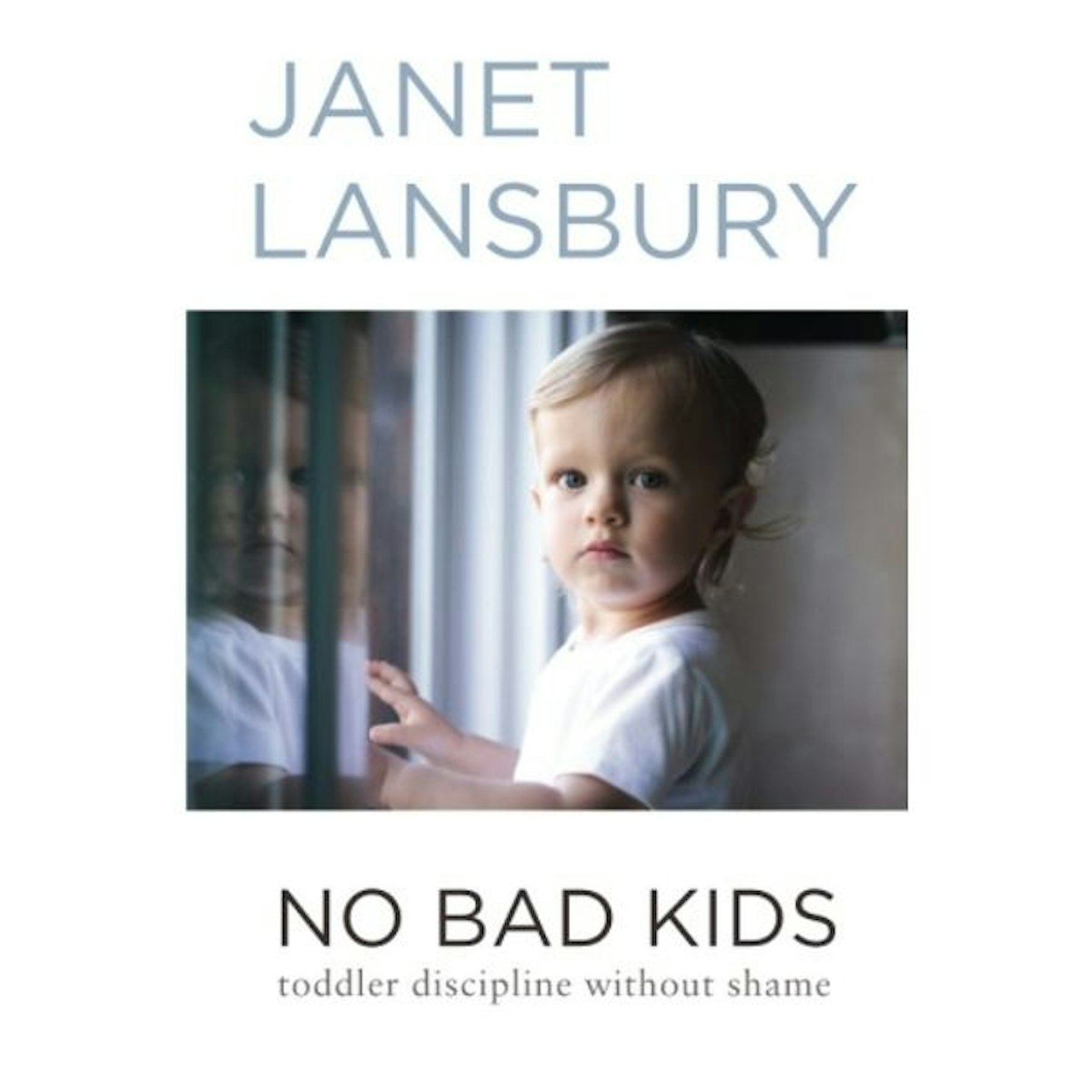 6 of 30
6 of 30No Bad Kids: Toddler Discipline Without Shame
No Bad Kids is a collection of Janet's most popular and widely read articles pertaining to common toddler behaviours and how respectful parenting practices can be applied to benefit both parents and children. It covers such common topics as punishment, cooperation, boundaries, testing, tantrums, hitting, and more.
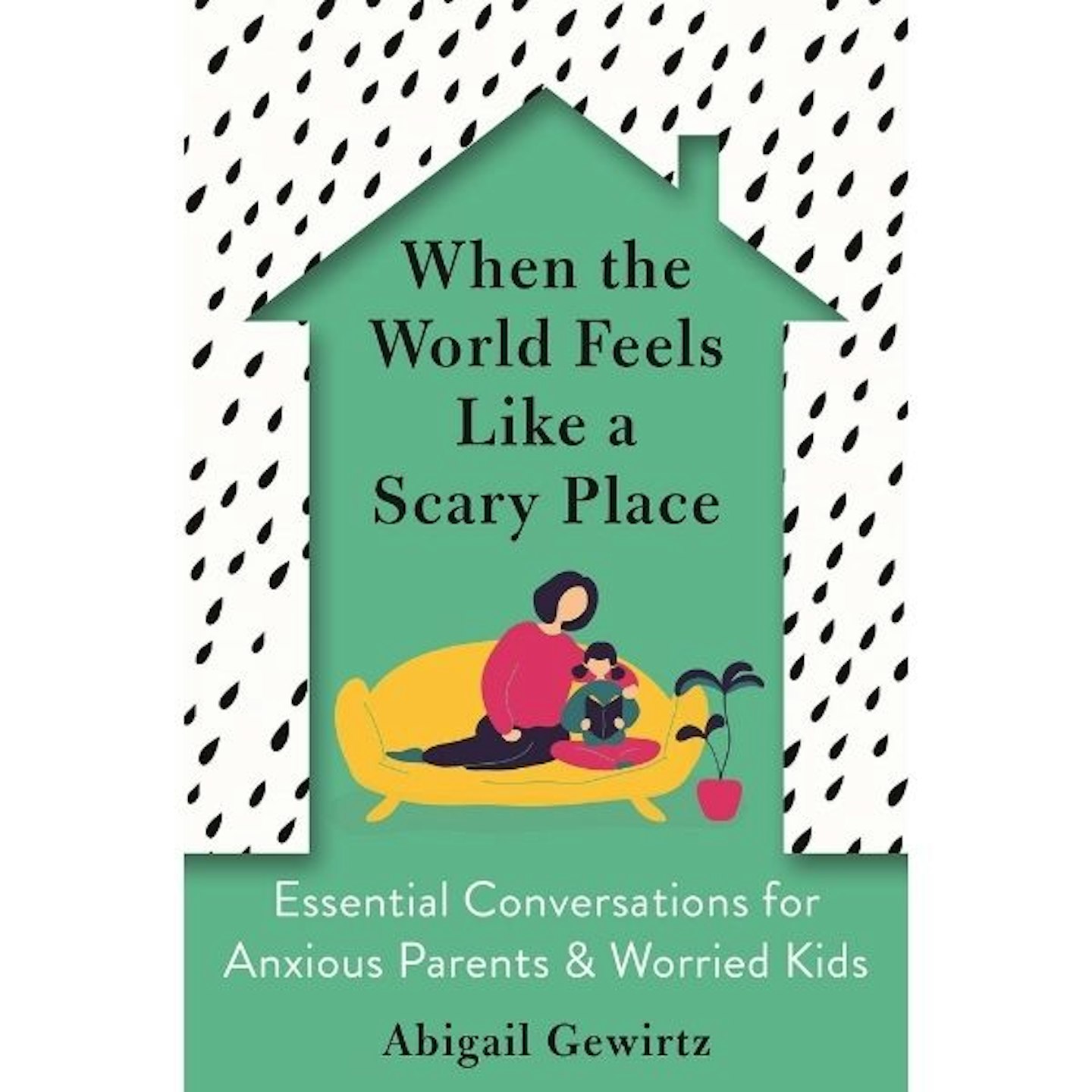 7 of 30
7 of 30When The World Feels Like A Scary Place, By Abigail Gewirtz
This book by prominent child psychologist Dr Abi Gewirtz, brings solutions to a problem that is only going to get worse - how bad things happening in the world affect our children, and how we can raise engaged and confident kids in spite of them. Through conversation scripts, talking points, prompts and insightful asides, When the World Feels Like a Scary Place is an indispensable guide to talking to our kids about the big things that worry them - making us calmer parents with more resilient children.
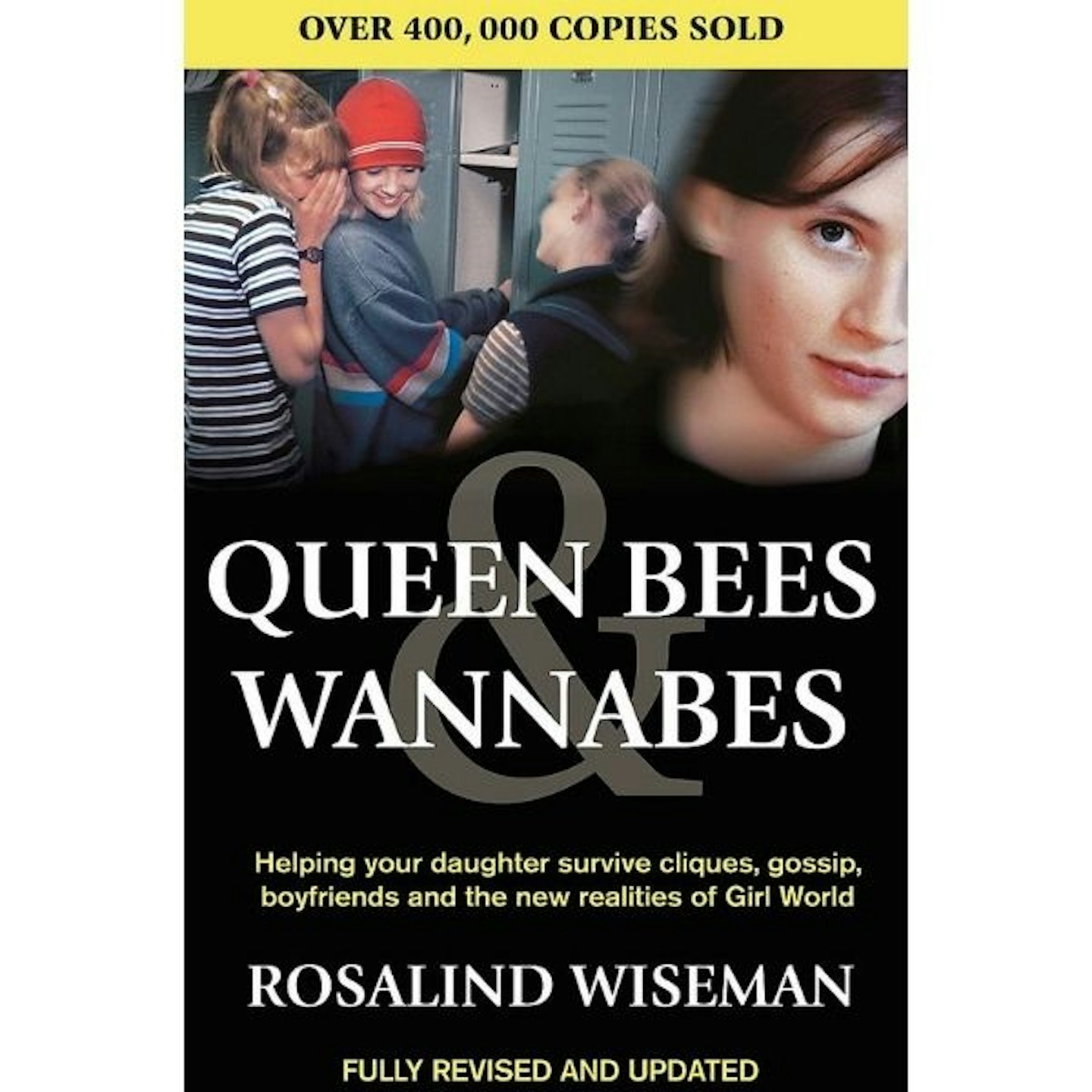 8 of 30
8 of 30Queen Bees and Wannabes
A revised and updated version of Rosalind Wiseman's groundbreaking book for a new generation of girls. Packed with insights about technology's impact on Girl World and enlivened with the experiences of girls, boys, and parents, the book that inspired the hit movie Mean Girls (YES REALLY) offers concrete strategies to help you empower your daughter to be socially competent and treat herself with dignity.
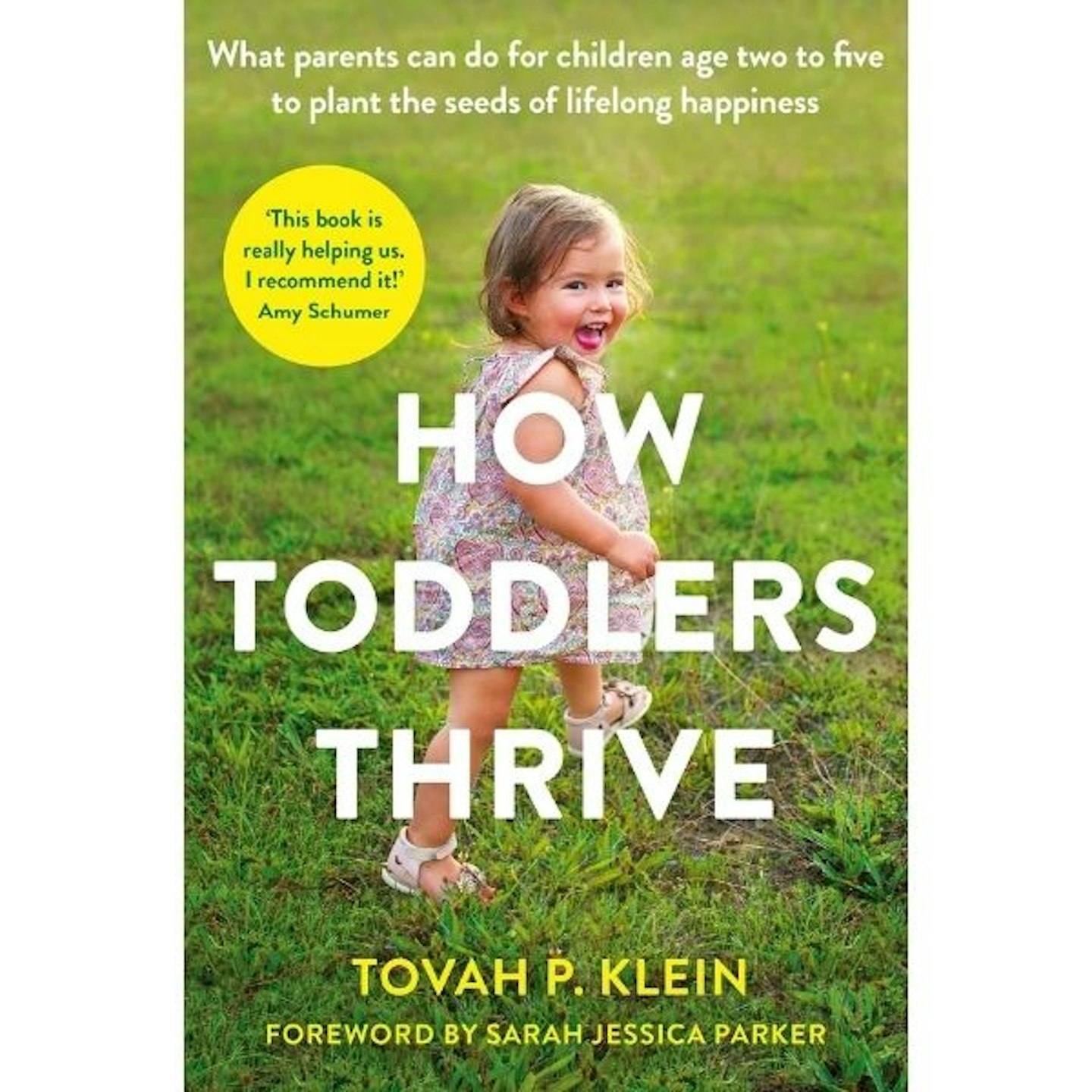 9 of 30
9 of 30How Toddlers Thrive, By Tovah P. Klein
Leading toddler expert Dr Tovah P. Klein reveals why age two to five is the most crucial time for a child's brain development and how parents can harness this period to have a lifelong positive effect on their children's lives. With chapters on everyday routines, tantrums, managing change and avoiding toddler shaming, this smart and useful guide promises to inspire you to be a better parent. Sarah Jessica Parker says: 'Tovah taught me how to resist the temptation to fix everything, and instead give my children the opportunity to learn how to problem-solve for themselves.'
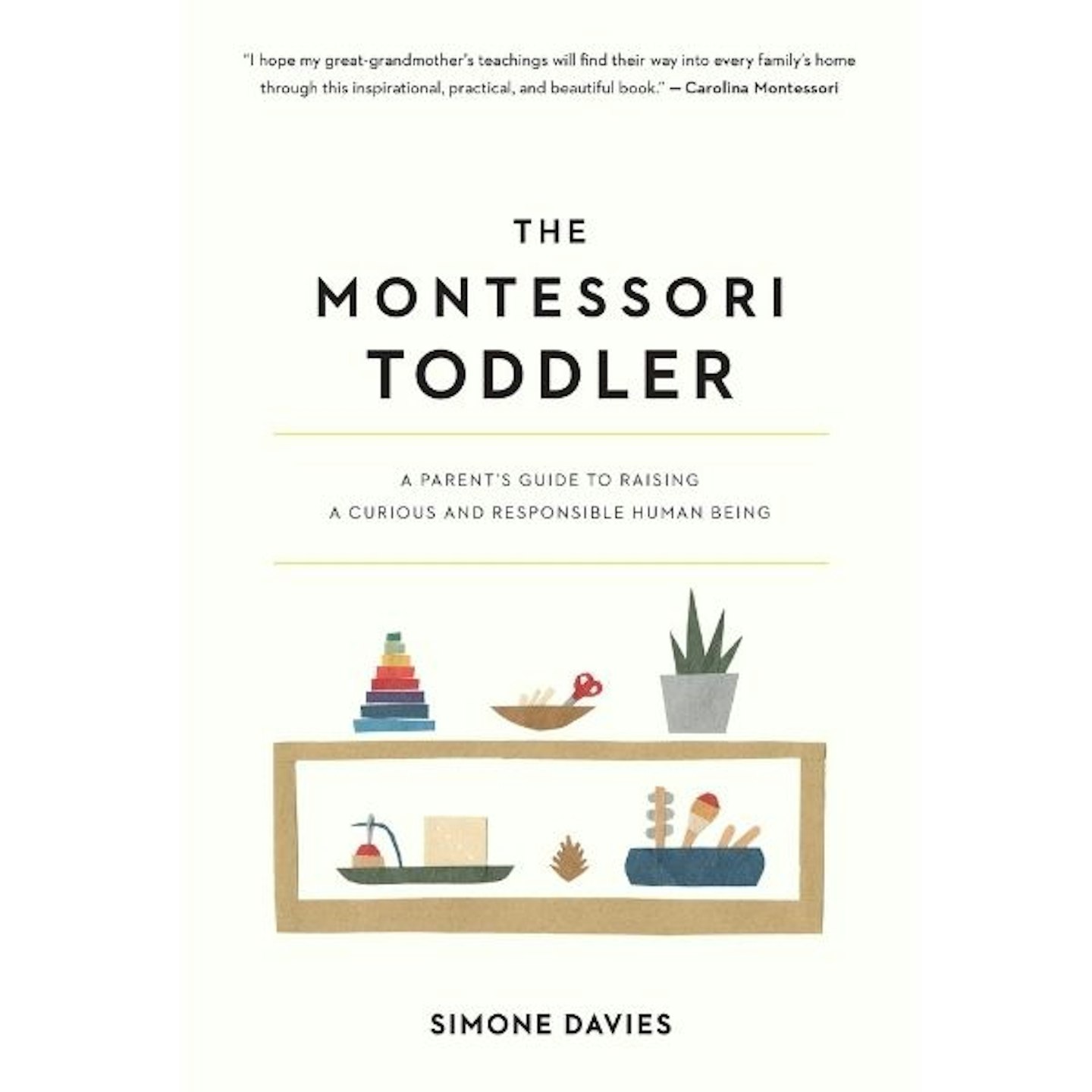 10 of 30
10 of 30The Montessori Toddler
This book promises to not only help you become a more effective parent but actually change how you see your children. Written by Montessori educator Simone Davies, this book shows you how to bring the educational values of a Montessori classroom into your home-while
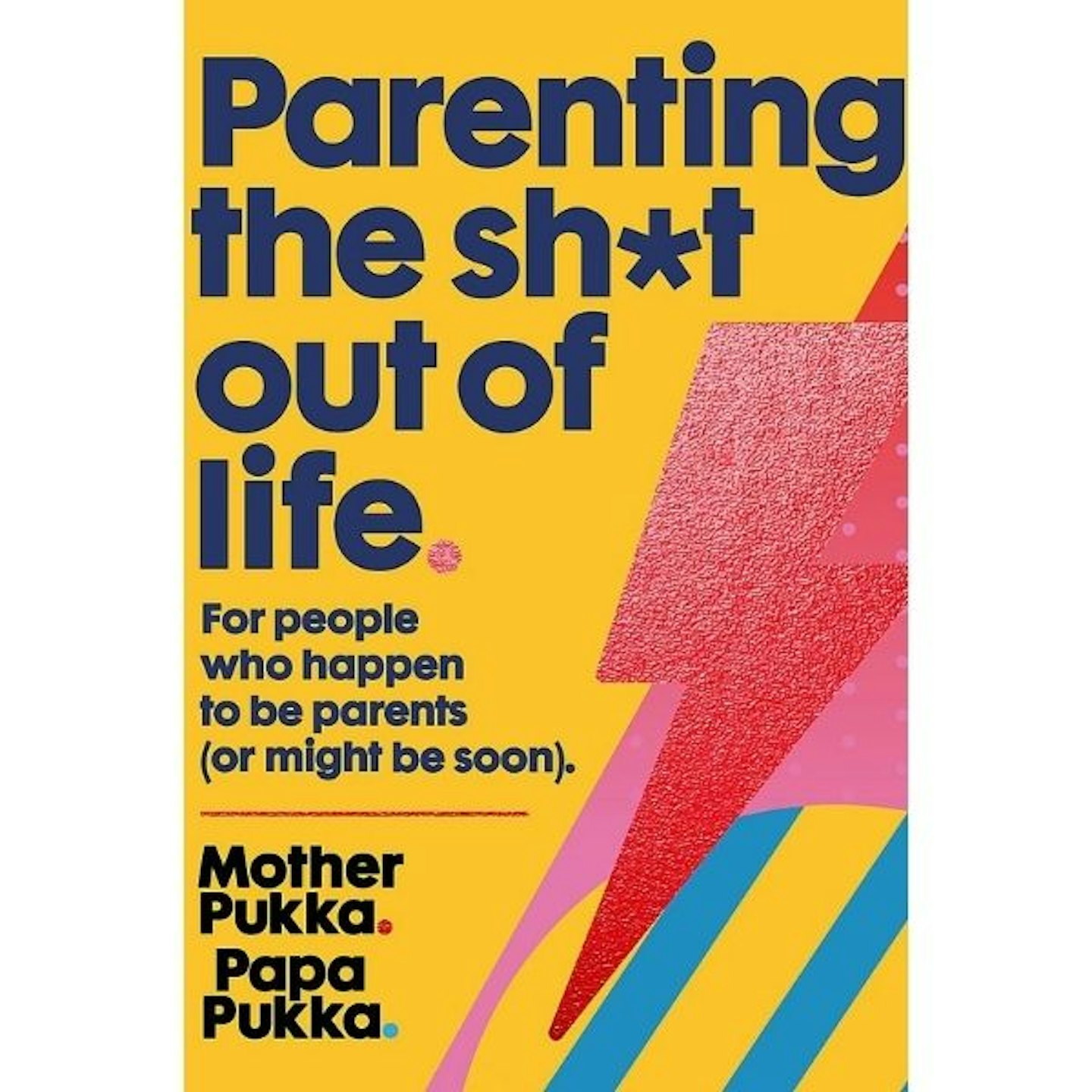 11 of 30
11 of 30Parenting The Sh*t Out Of Life
From Grazia columnist Anna Whitehouse aka Mother Pukka and Matt Farquharson aka Papa Pukka, comes the Sunday Times bestselling account of parenting told from both perspectives, and a handy guide (kind of) on how to raise a small human. The must-read for all parents and parents-to-be - and possibly the best (or worst) baby shower gift you could ever give a prospective mum or dad...
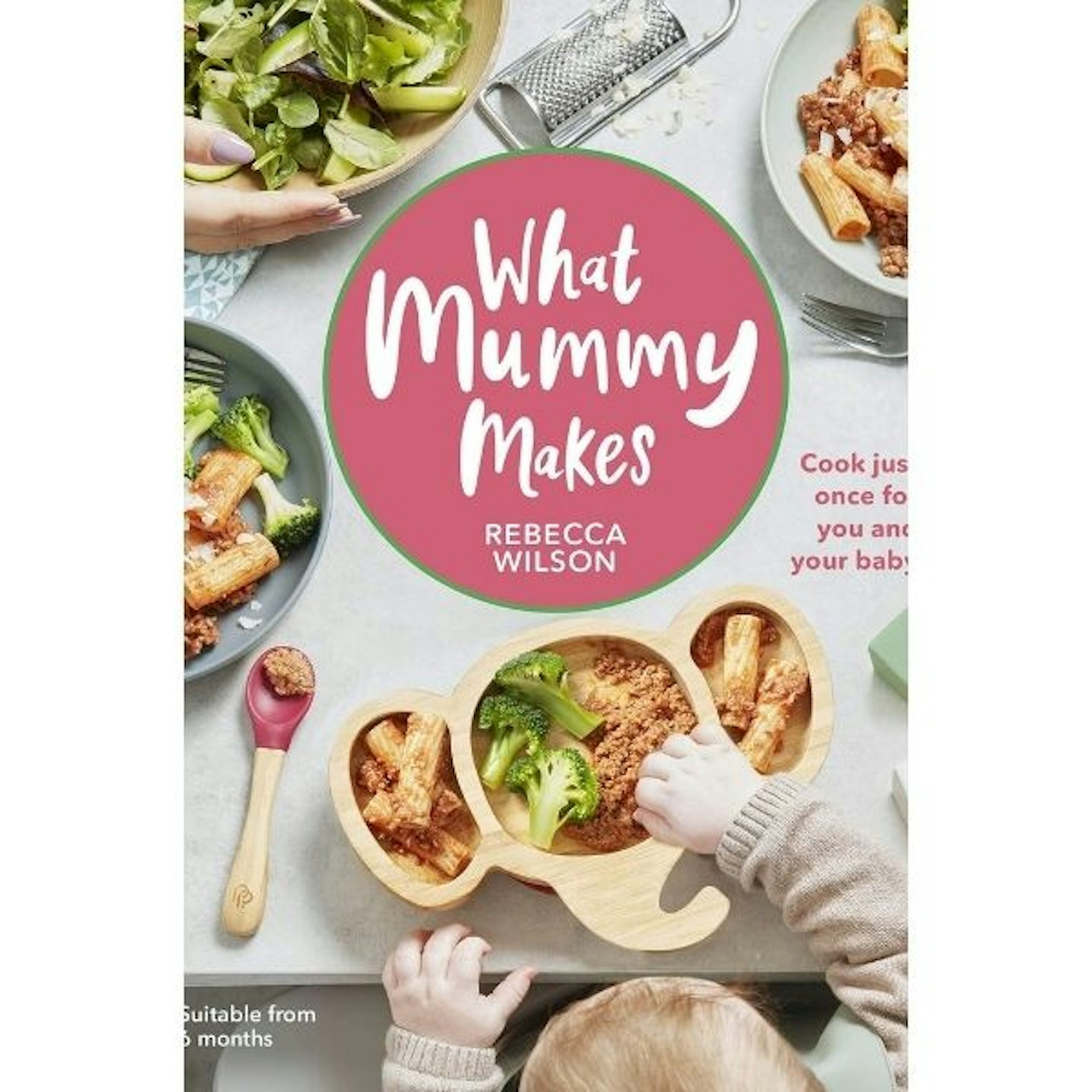 12 of 30
12 of 30What Mummy Makes
Promising 130 recipes that will suit six-month-olds AND the rest of the family, this book could save you a lot of hassle when it comes to dinnertime…
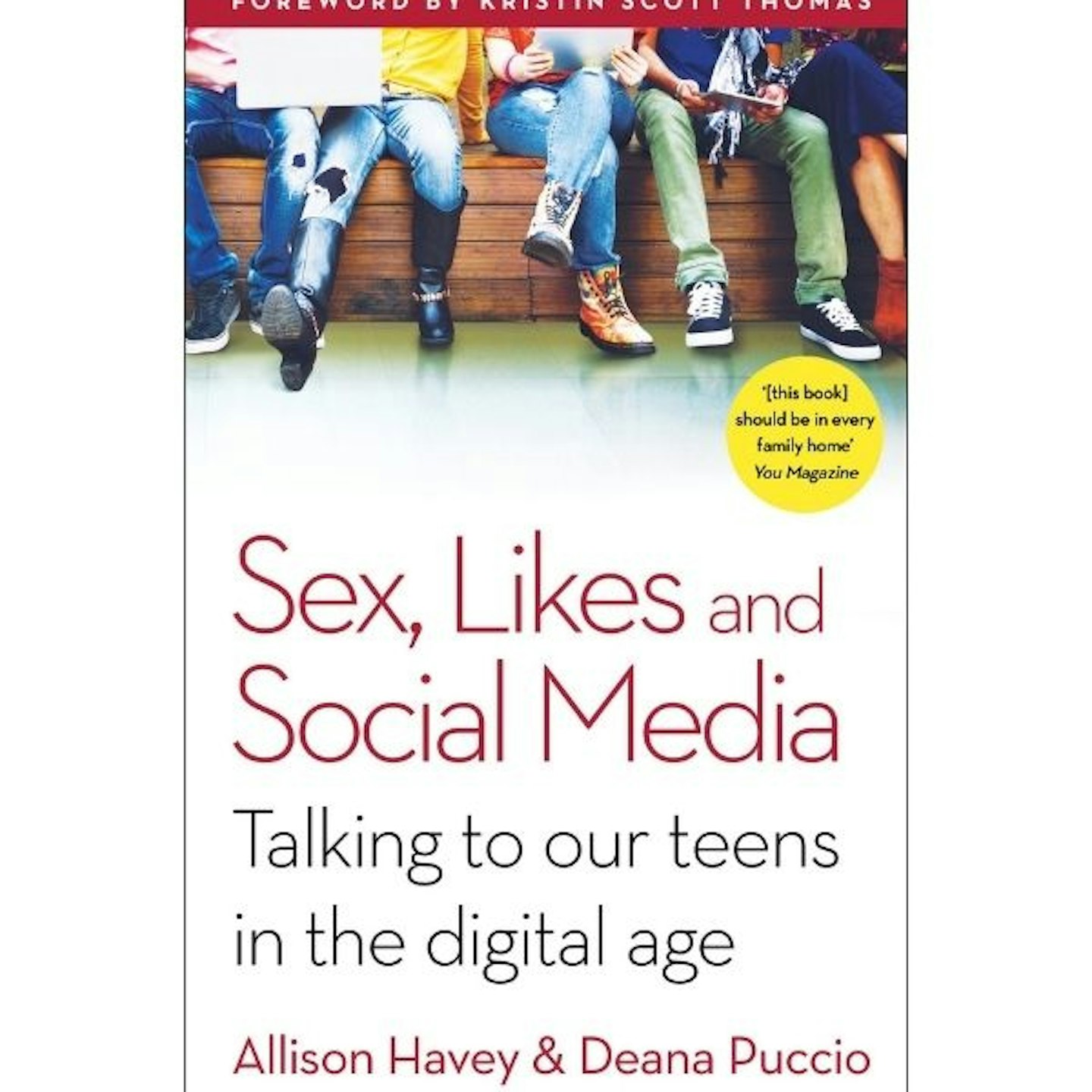 13 of 30
13 of 30Sex, Likes And Social Media: Talking To Our Teens In The Digital Age, By Deana Puccio And Allison Havey
Based on their professional work with young people, parents and teachers – and their experiences with their own children – Deana Puccio and Allison Havey give you the tools to talk to children who are digital natives with experiences wildly different from their parents'.
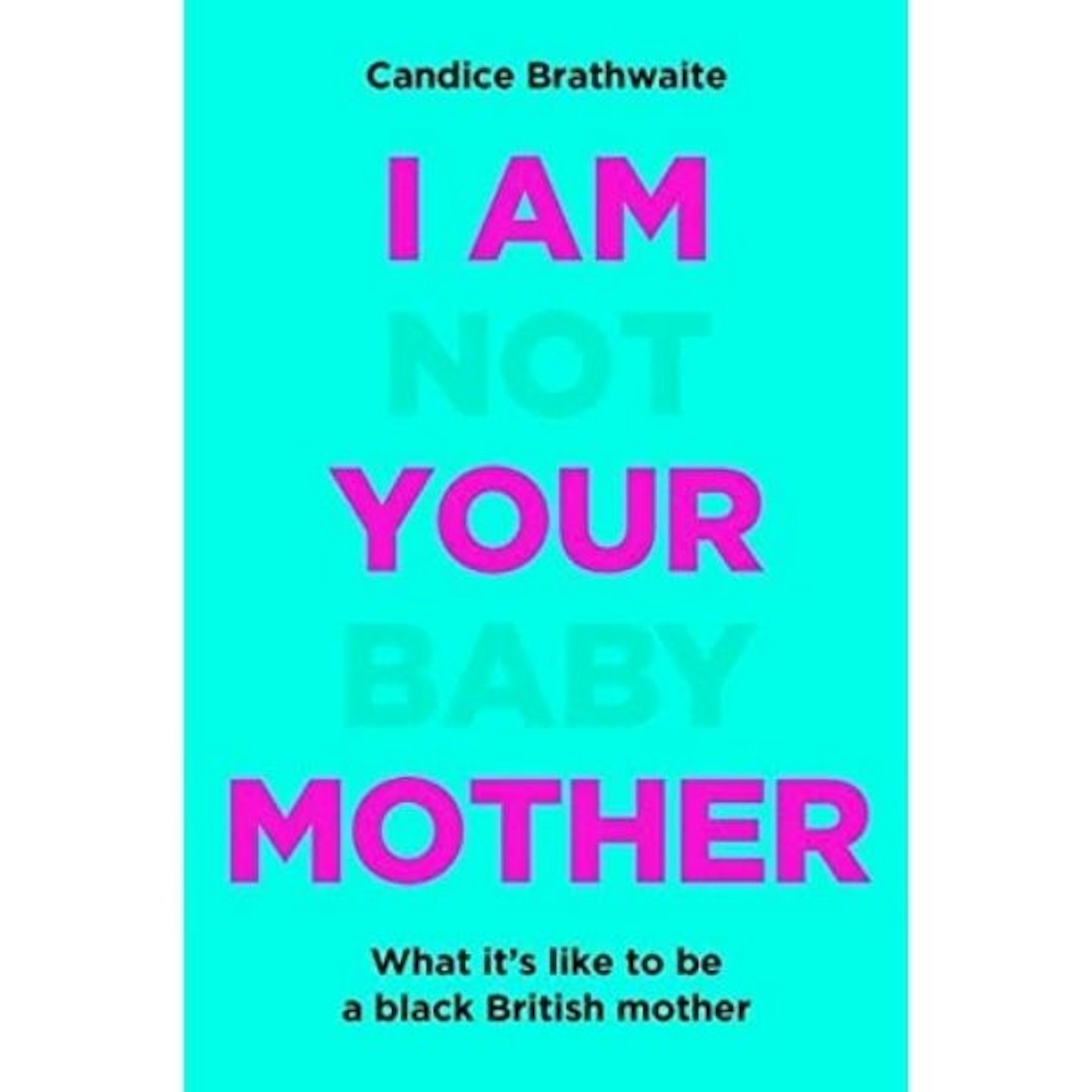 14 of 30
14 of 30I Am Not Your Baby Mother
A thought-provoking, urgent and inspirational guide to life as a Black mother. It explores the various stages between pregnancy and waving your child off at the gates of primary school while facing hurdles such as white privilege, racial micro-aggression and unconscious bias at every point. Candice does so with her trademark sense of humour and refreshing straight-talking, and the result is a call-to-arms that will allow mums like her to take control, scrapping the parenting rulebook to mother their own way.
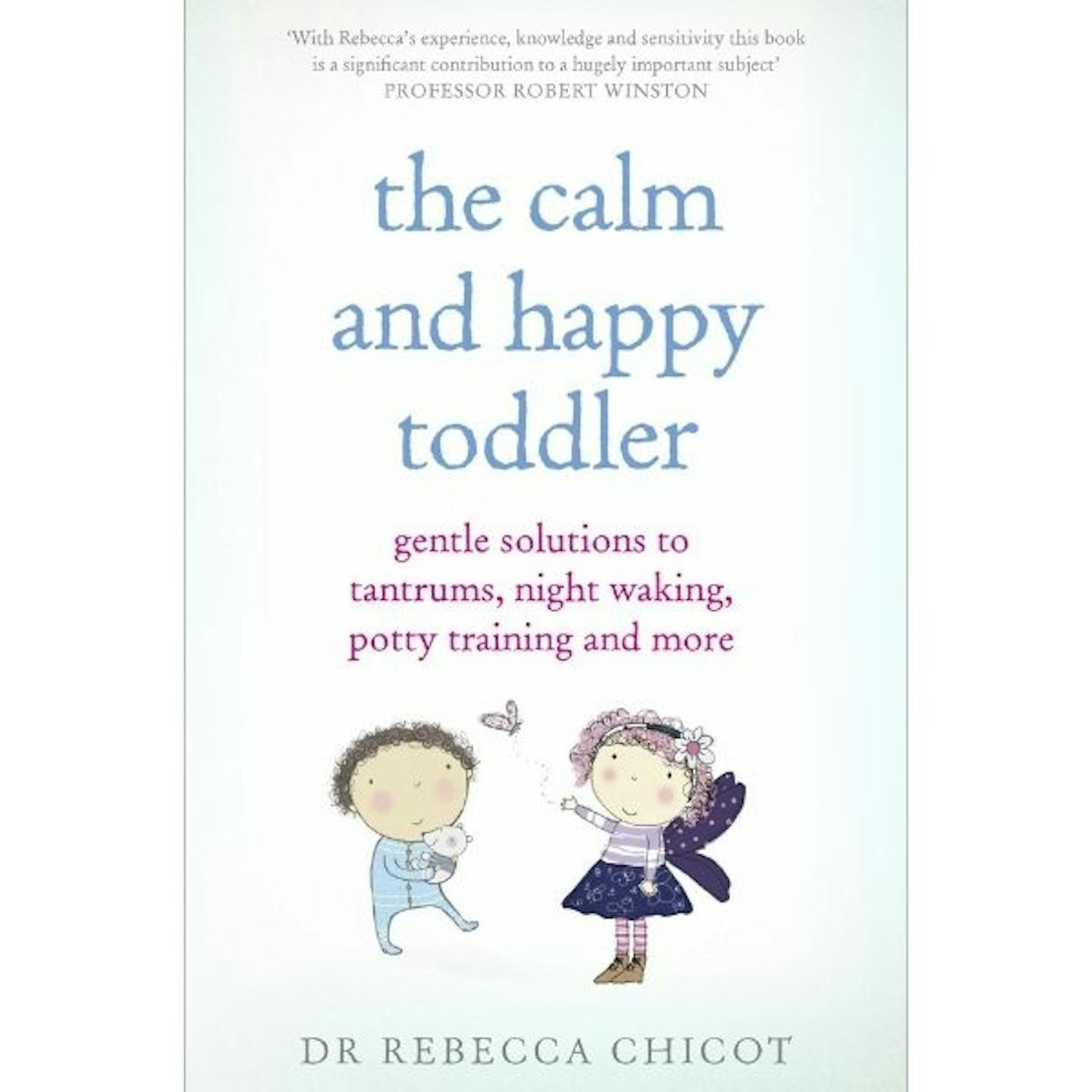 15 of 30
15 of 30The Calm And Happy Toddler, By Dr Rebecca Chicot
You think a newborn is the hard bit… and then you meet your little toddler. This book promises to help you, gently, through tantrums, night-waking, potty-training and all the fun stuff that goes with having a toddler. Dr Rebecca Chicot has a PhD in Parenting and Child Development from Cambridge University.
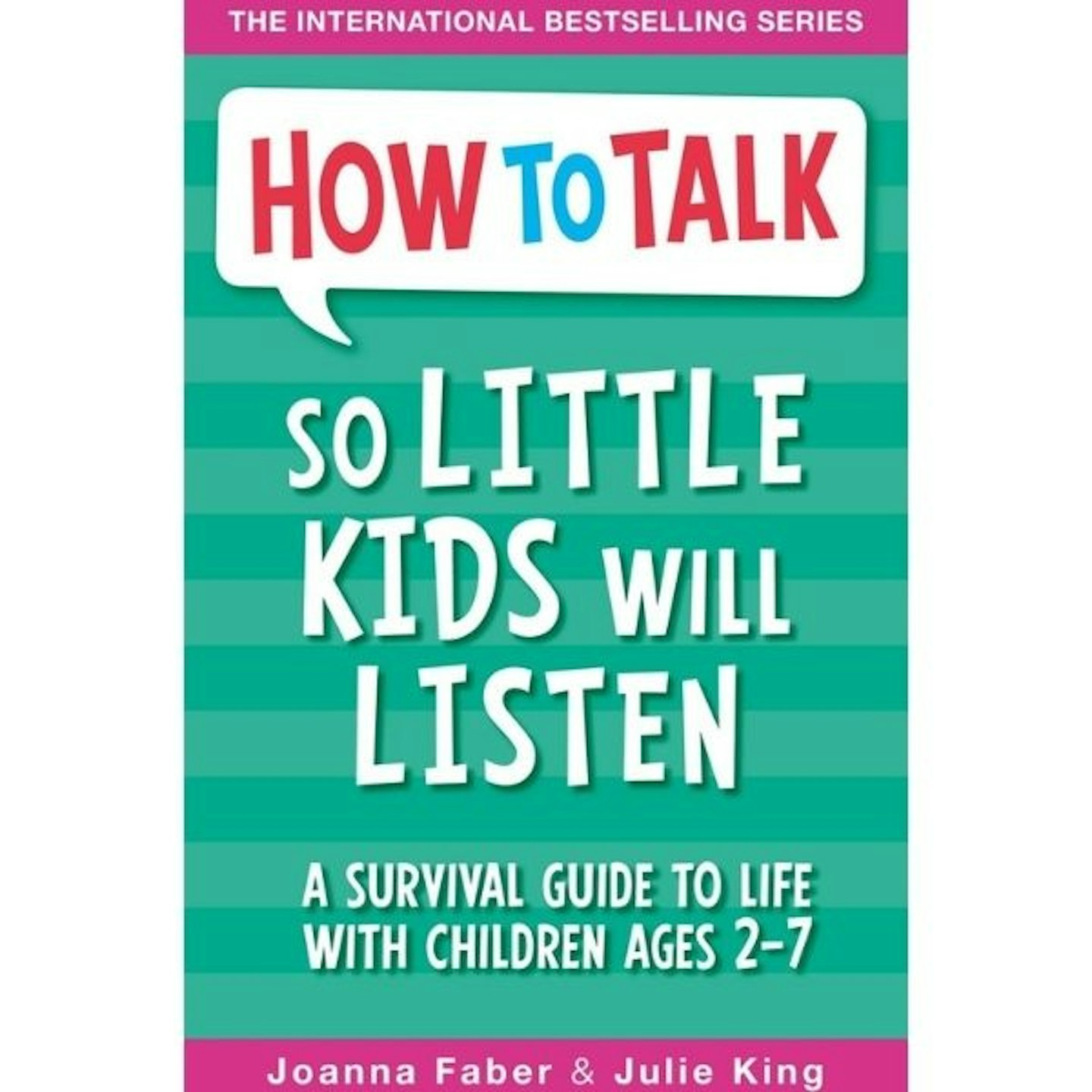 16 of 30
16 of 30How To Talk So Little Kids Will Listen
Tried and tested communication strategies to survive - and thrive - with kids ages 2-7. Users have rated this book for having a helpful toolbox of tricks that are easy to understand and carry out.
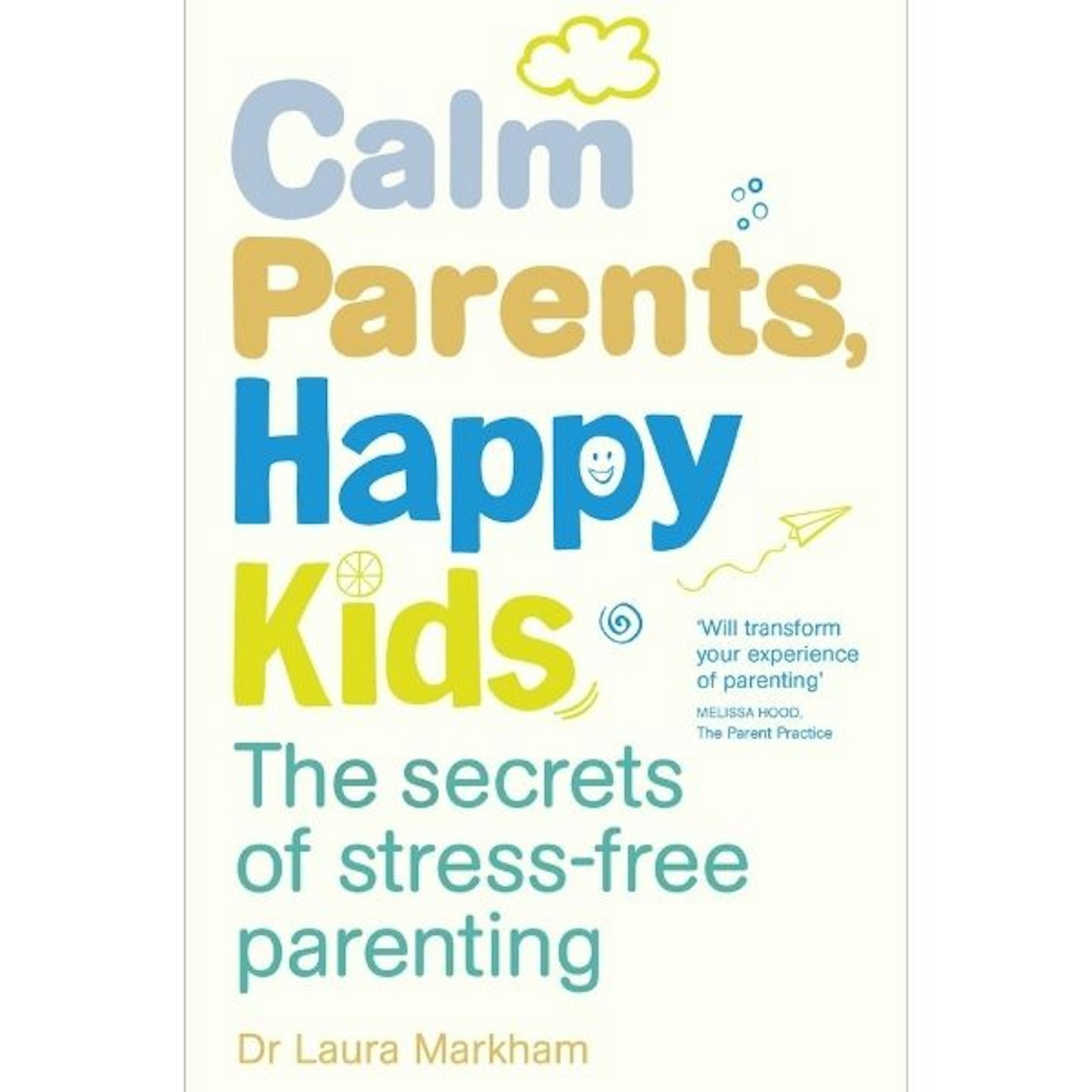 17 of 30
17 of 30Calm Parents, Happy Kids: The Secrets Of Stress-Free Parenting, By Dr Laura Markham
Most parenting books focus on changing a child's behaviour, but this book says the truth is that children only change when their relationship with their parents changes. In Calm Parents, Happy Kids, Dr Laura Markham introduces an approach to parenting that eliminates threats, power struggles and manipulation, in favour of setting limits with empathy and communication. Bringing together the latest research in brain development with a focus on emotional awareness (for both parents and children), it will appeal to all parents who don't want to force their children into compliance and lose their temper, but want to keep calm and help their children want to behave.
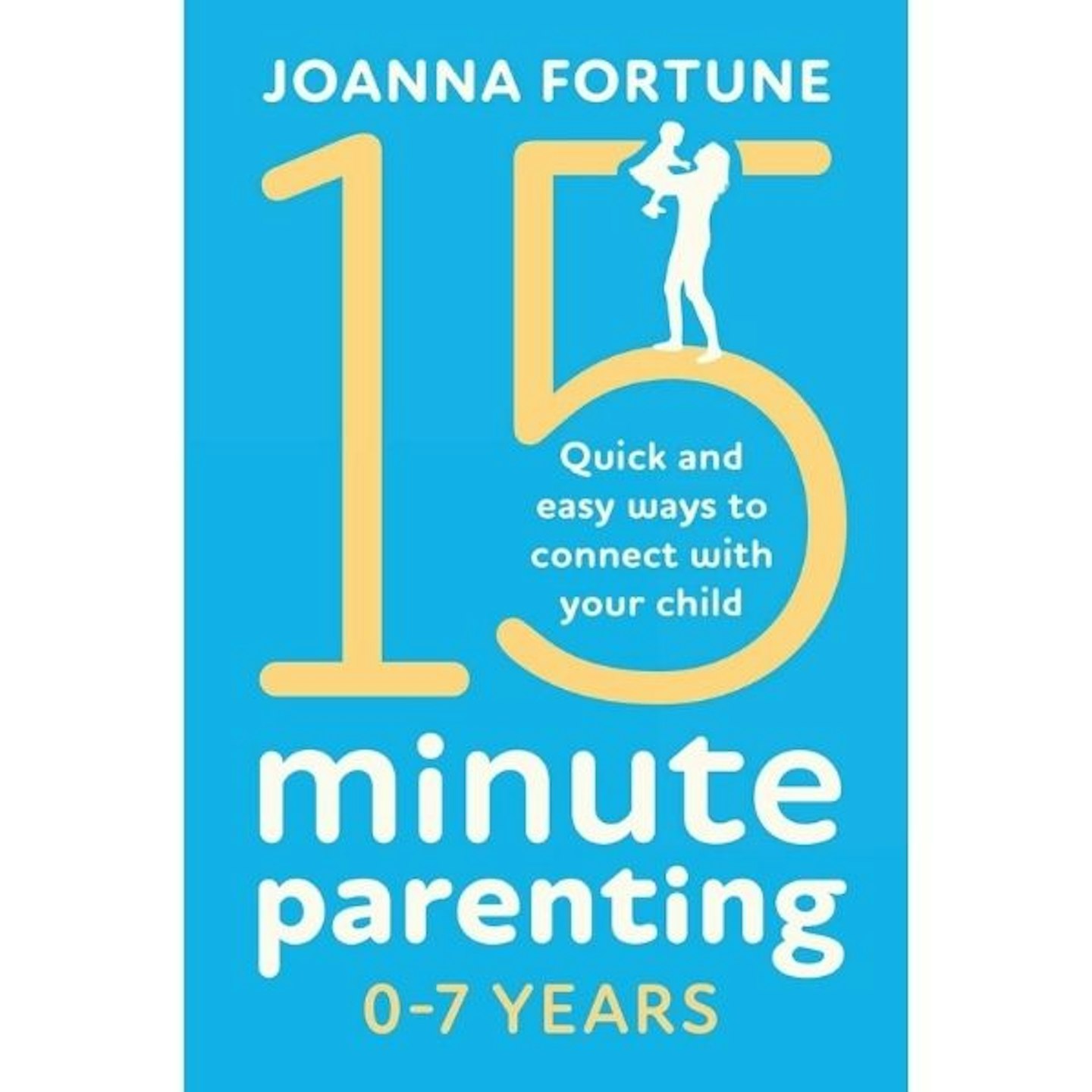 18 of 30
18 of 3015-Minute Parenting 0-7 Years: Quick And Easy Ways To Connect With Your Child, By Joanna Fortune
This also comes in a version for 8-12-year-olds and posits that just 15 minutes of mindful playtime each day in your and your child's routine could change behaviour. Created with busy parents in mind, psychotherapist and parenting expert Joanna Fortune has devised a simple but effective method to build quality playful time together at home, structured around 15-minute games that can be easily incorporated into your existing daily routine.
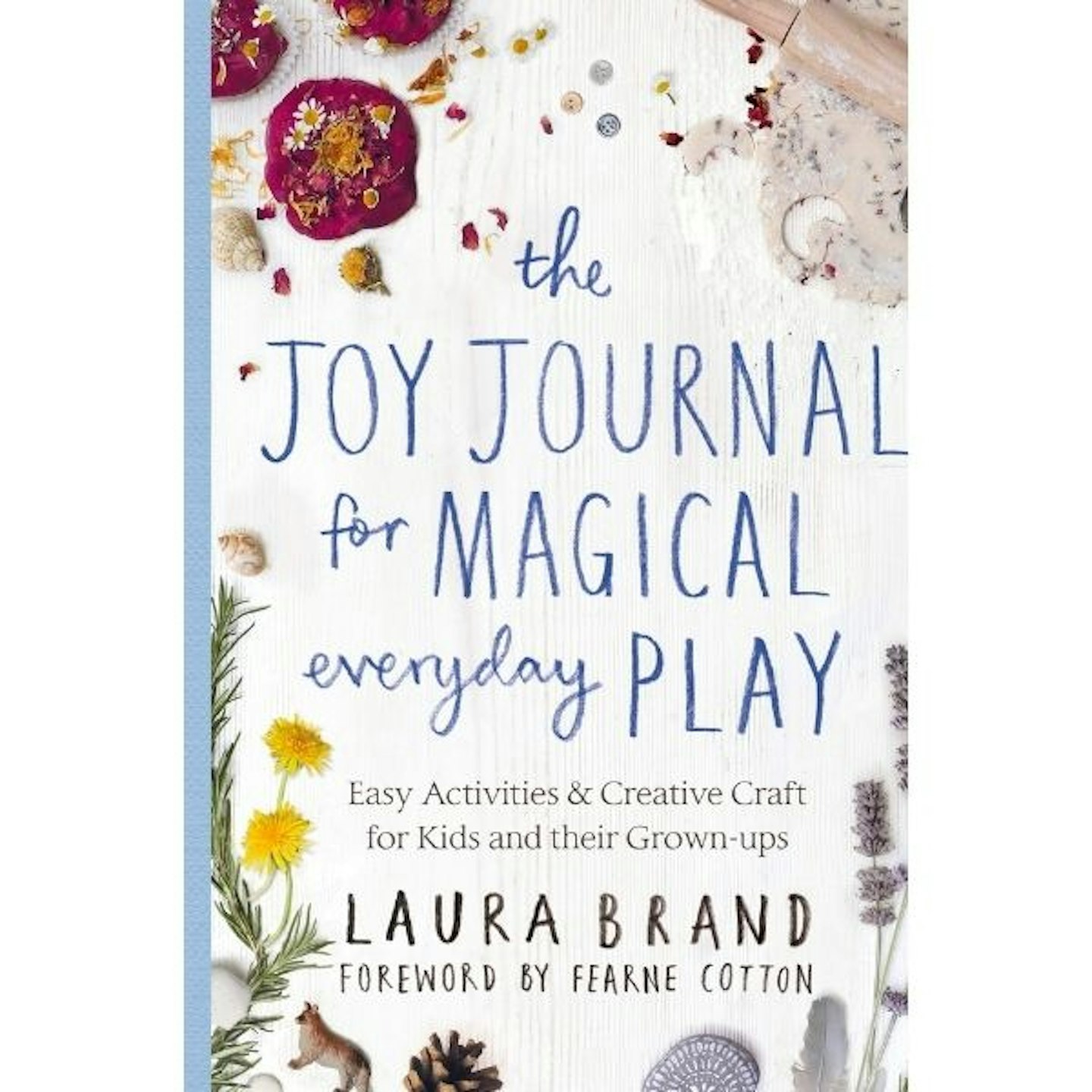 19 of 30
19 of 30The Joy Journal for Magical Everyday Play
With a foreword written by Fearne Cotton and written by Russell Brand's wife and mother to his two children, this book has star ratings. But it's also hugely useful and full of games and tips to keep children preoccupied in ways that don't involve screens, which everyone knows is very much half the battle of parenthood...
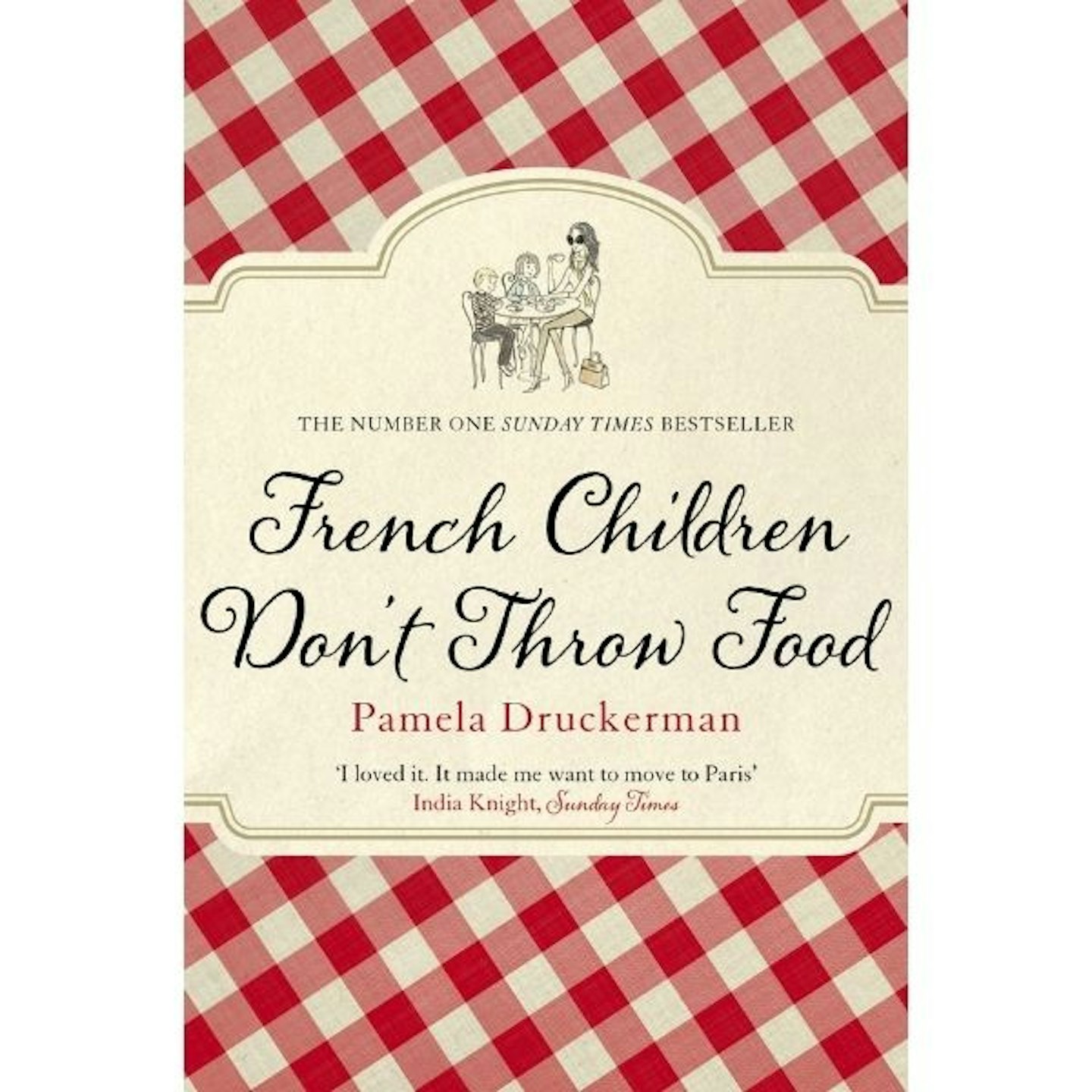 20 of 30
20 of 30French Children Don't Throw Food
Part travel book and autobiography, this book shares journalist Pamela's parenting tips she learned from living in France. And, for added glam, it's set to be made into a film, starring Anne Hathaway...
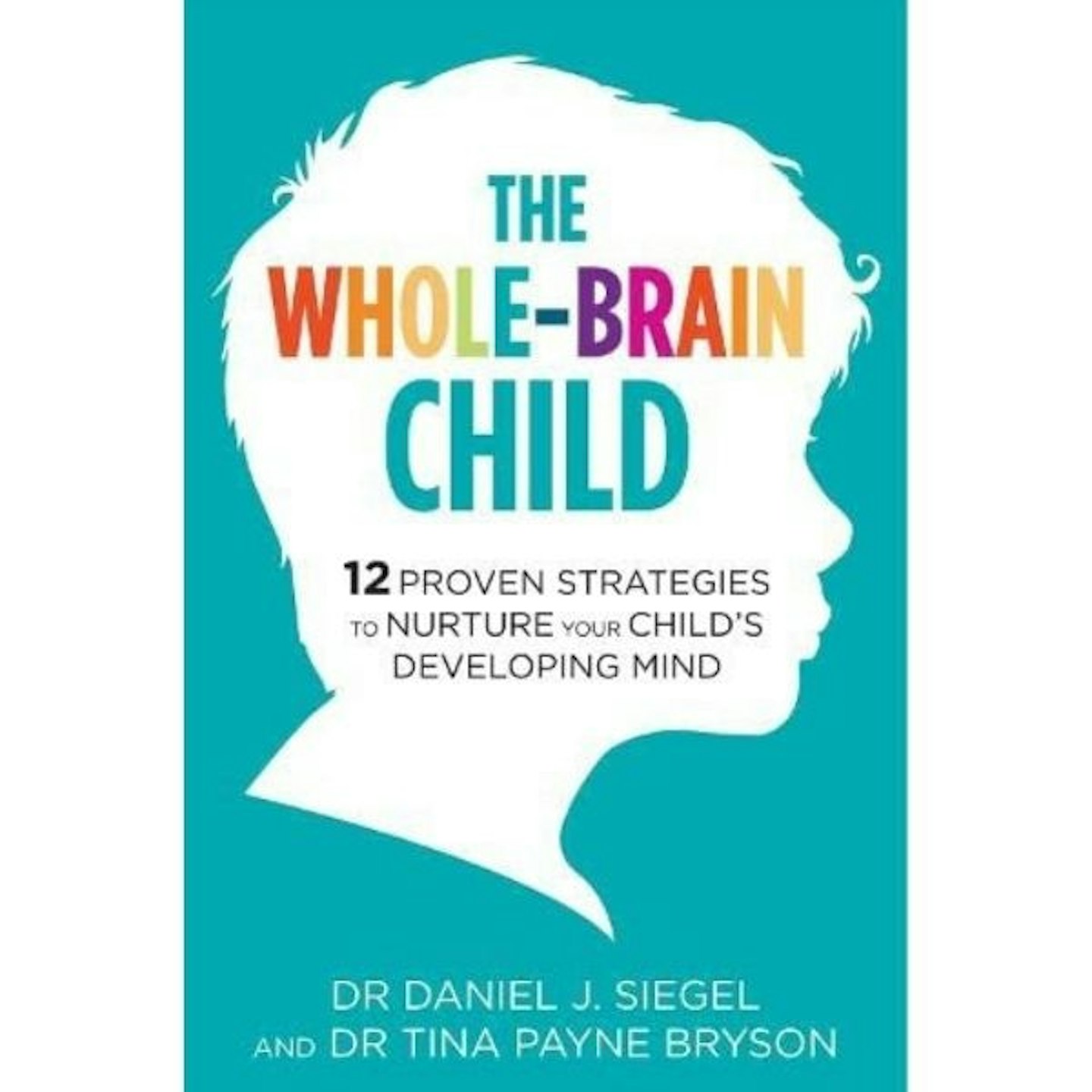 21 of 30
21 of 30The Whole-Brain Child
Designed to help children of different ages, this pioneering, practical book for parents, neuroscientist Daniel J. Siegel and parenting expert Tina Payne Bryson explain the new science of how a child's brain is wired and how it matures. Different parts of a child's brain develop at different speeds and understanding these differences can help you turn any outburst, argument, or fear into a chance to integrate your child's brain and raise calmer, happier children.
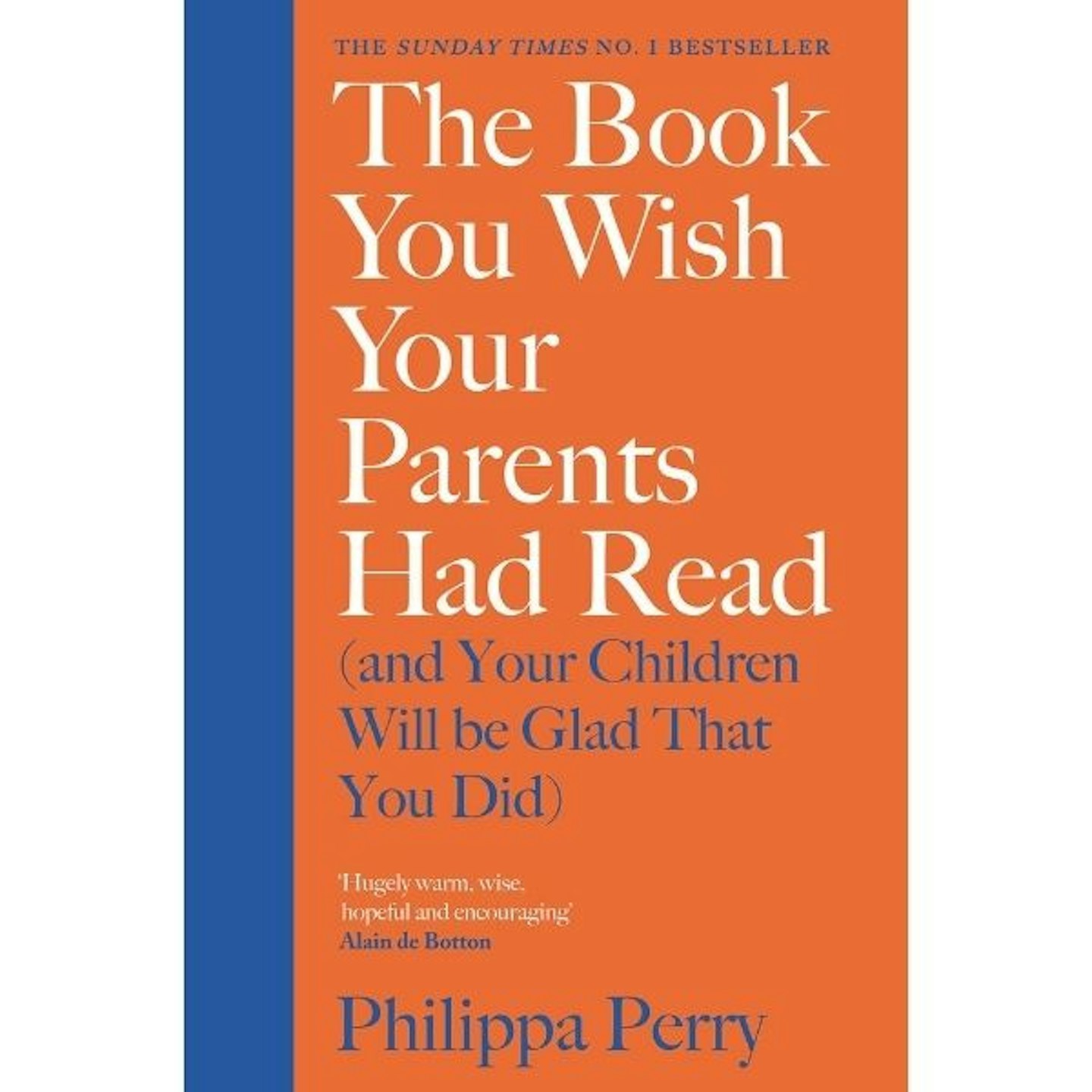 22 of 30
22 of 30The Book You Wish Your Parents Had Read (And Your Children Will Be Glad That You Did), By Philippa Perry
Philippa Perry has been a psychotherapist for the past twenty years. She lives in London with her husband the artist Grayson Perry, and they have a grown-up daughter, Flo. Billed as a book for parents and children (and those who aren't yet parents), this book comprehensively covers lots of different stages of life and has a host of celebrity fans from Nigella Lawson to Fearne Cotton.
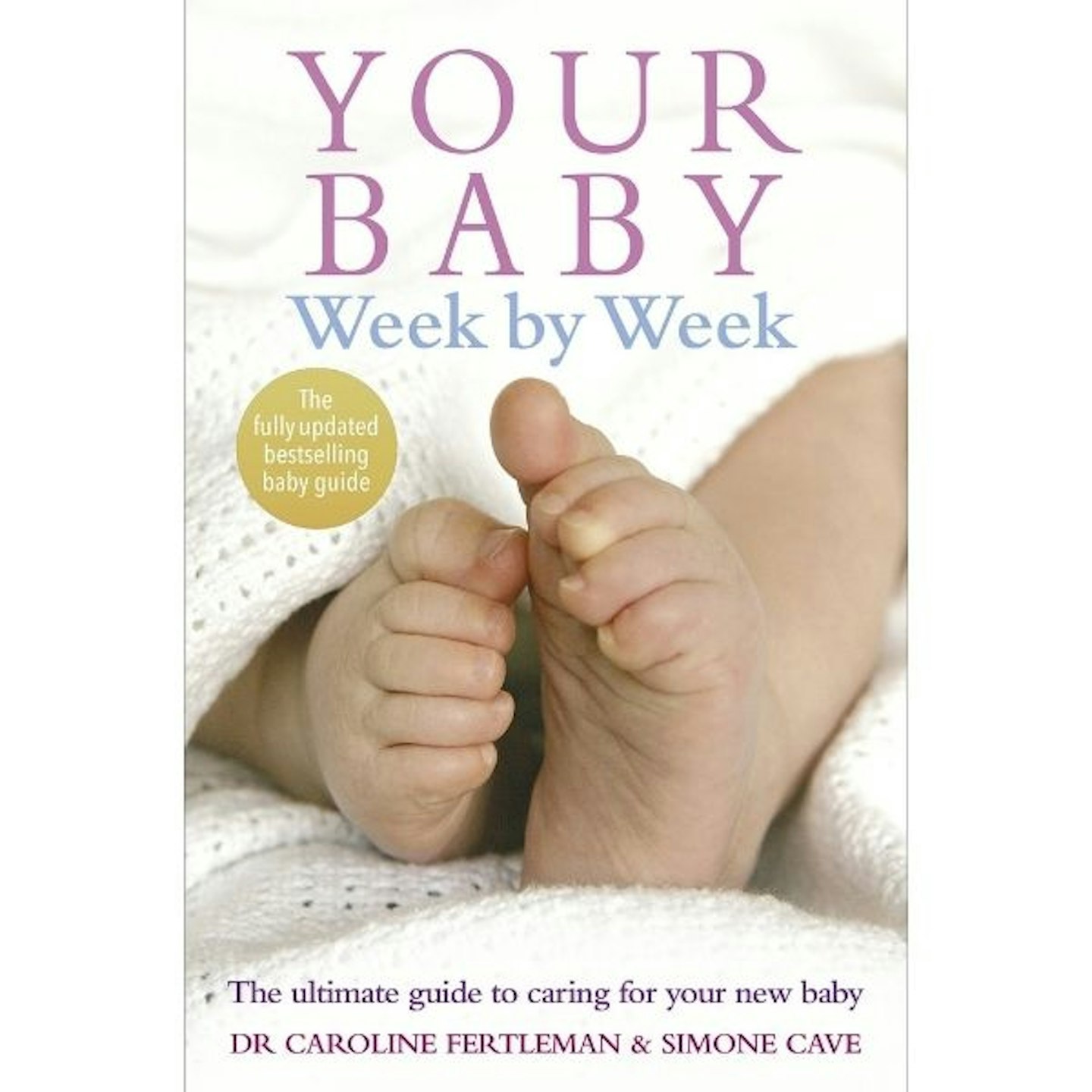 23 of 30
23 of 30Your Baby Week By Week
The book to shove in your pregnant friend's hands and tell them to only read week by week. A helpful manual of things your baby might and could be doing, week by week. As with all books, best taken with a dose of salt too – use the helpful bits, ignore the unhelpful/ones you can't quite face (i.e. the sleep bits…)
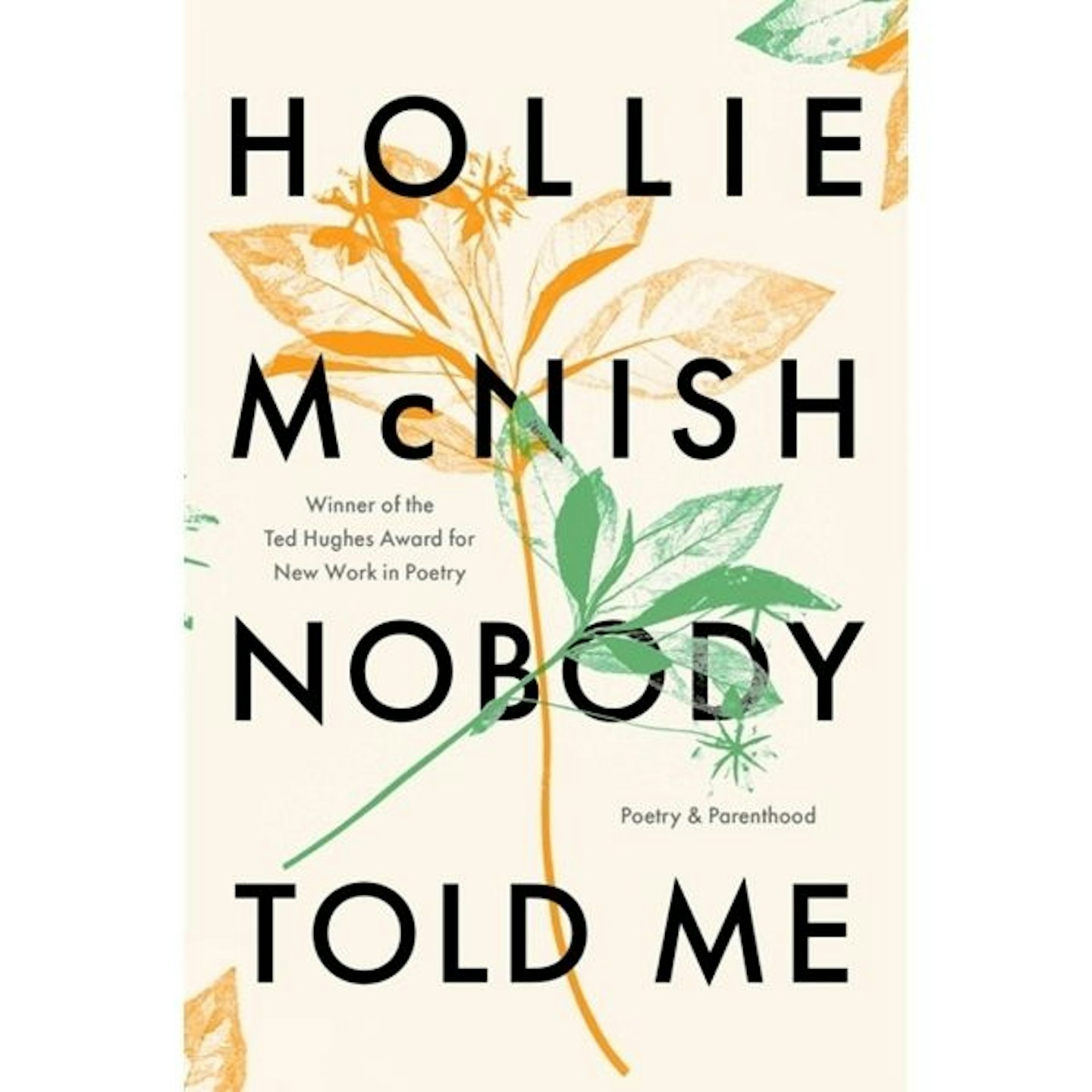 24 of 30
24 of 30Nobody Told Me
If it's weaning or sleep-training schedules you're looking for, this might not help exactly, but this book of poetry will make you smile. And probably nod your head a lot. And sometimes cry, and sometimes feel understood. Which goes much further than you'd think.
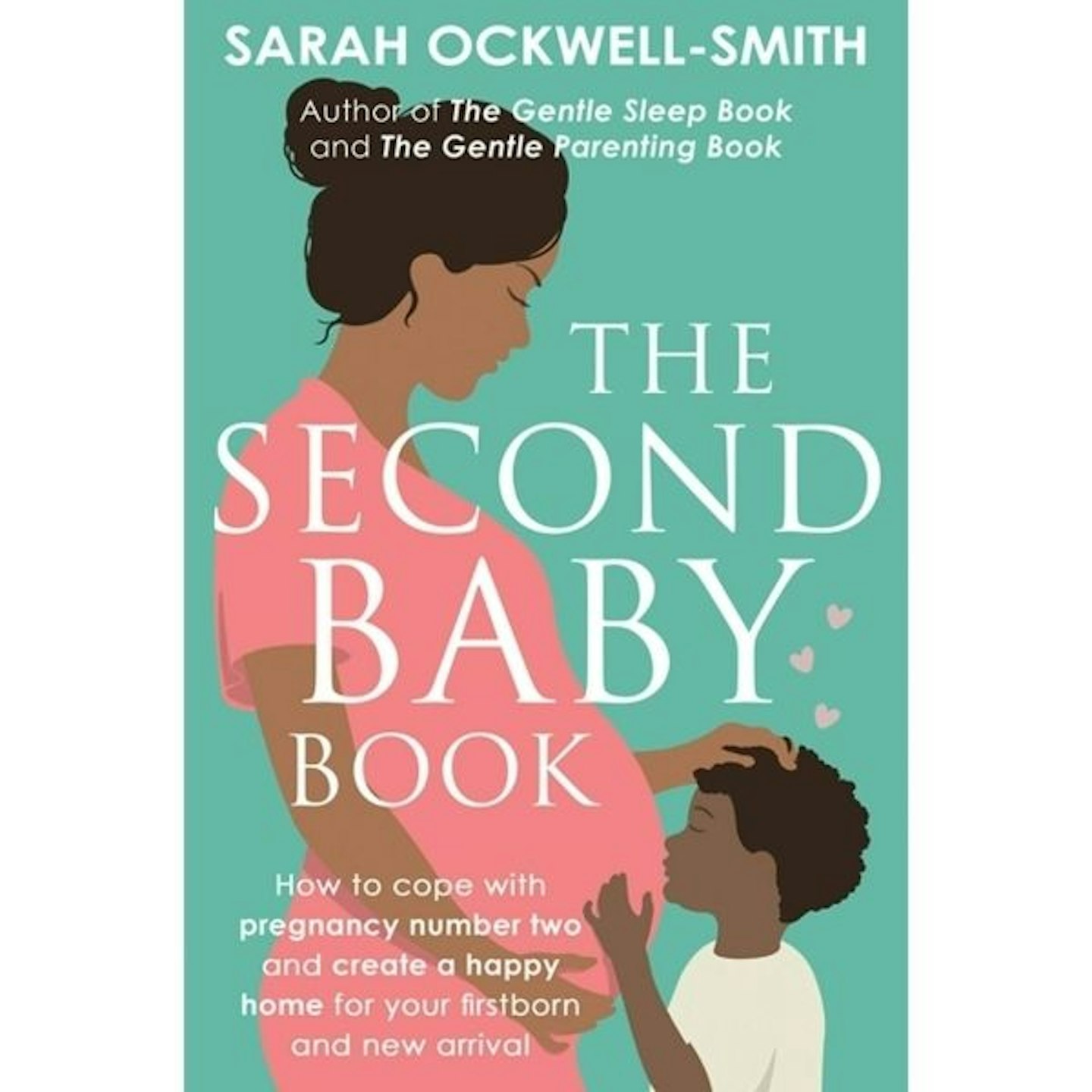 25 of 30
25 of 30The Second Baby Book, By Sarah Ockwell-Smith
This guide examines the specific issues that can arise with a second pregnancy and birth. From the common concerns about siblings, such as how to prepare your firstborn for what's to come, to how to cope with the practicalities of life with two young children. And the feelings parents are likely to experience, too - because it's easy to forget about this part.
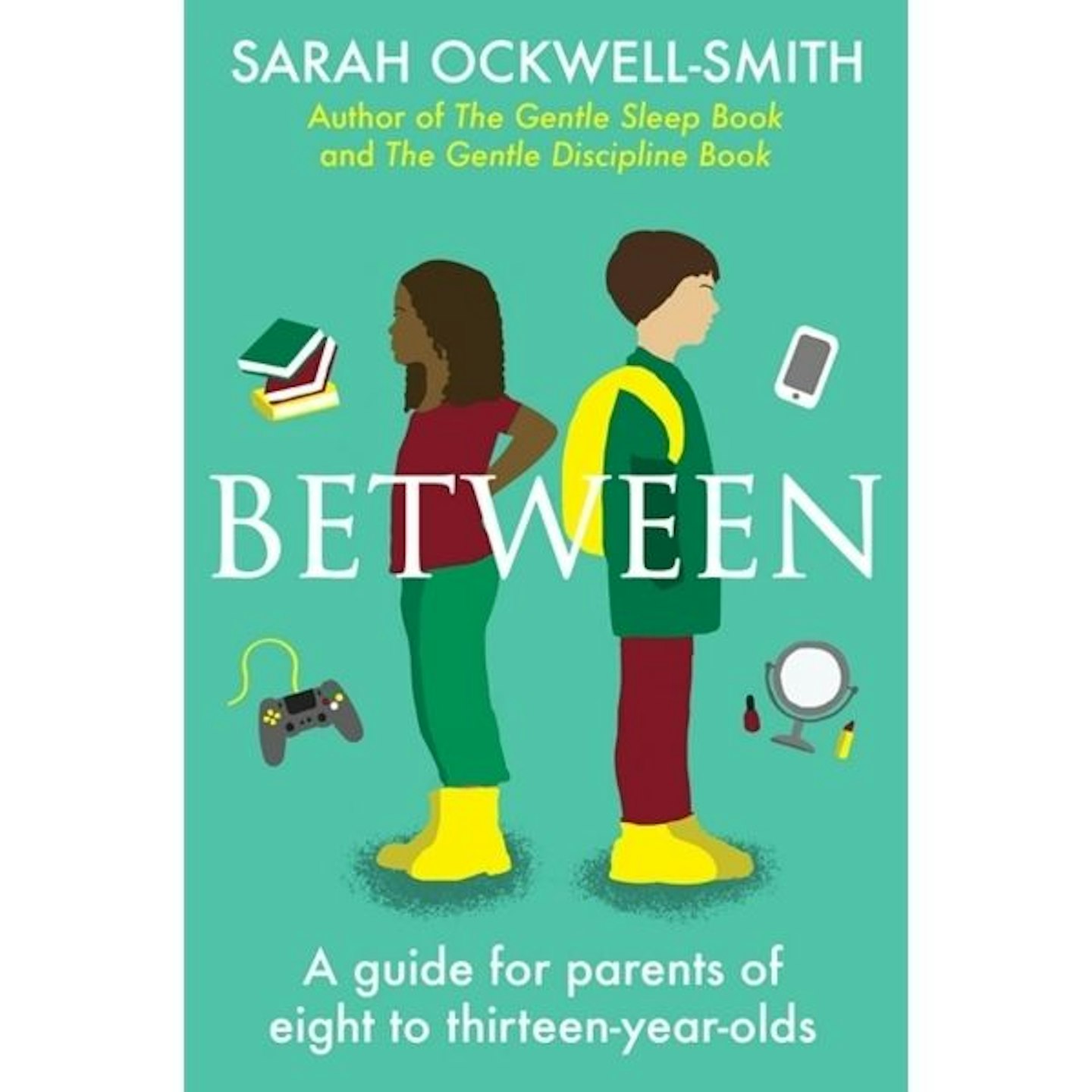 26 of 30
26 of 30Between: A guide for parents of eight to thirteen-year-olds
Raising a teenager can leave you feeling like a parenting beginner all over again. Children in the 'between' stage change daily, leaving parents struggling to understand the child they once thought they knew. In Between by parenting expert Sarah Ockwell-Smith uses biology, psychology and sociology of adolescence to give readers practical parenting advice that you can use to help your child through the tricky transition from childhood to adulthood.
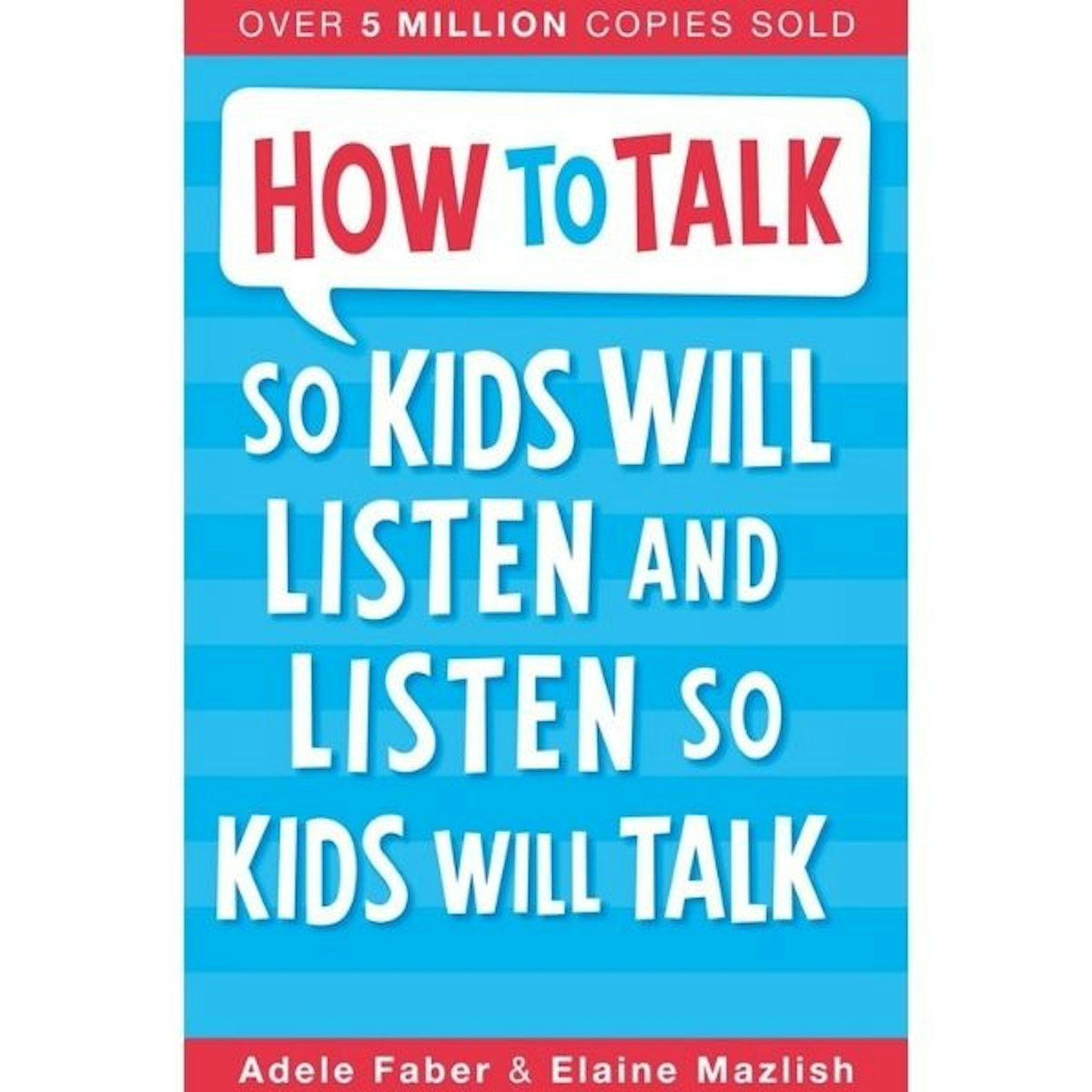 27 of 30
27 of 30How to Talk so Kids Will Listen and Listen so Kids Will Talk
Parenting experts Adele Faber and Elaine Mazlish provide effective step-by-step techniques to help you improve and enrich your relationships with your children. Read this guide to learn how to break a pattern of arguments, cope with your child's negative feelings, engage your child's co-operation, set clear limits, express your anger without being hurtful and resolve family conflicts peacefully.
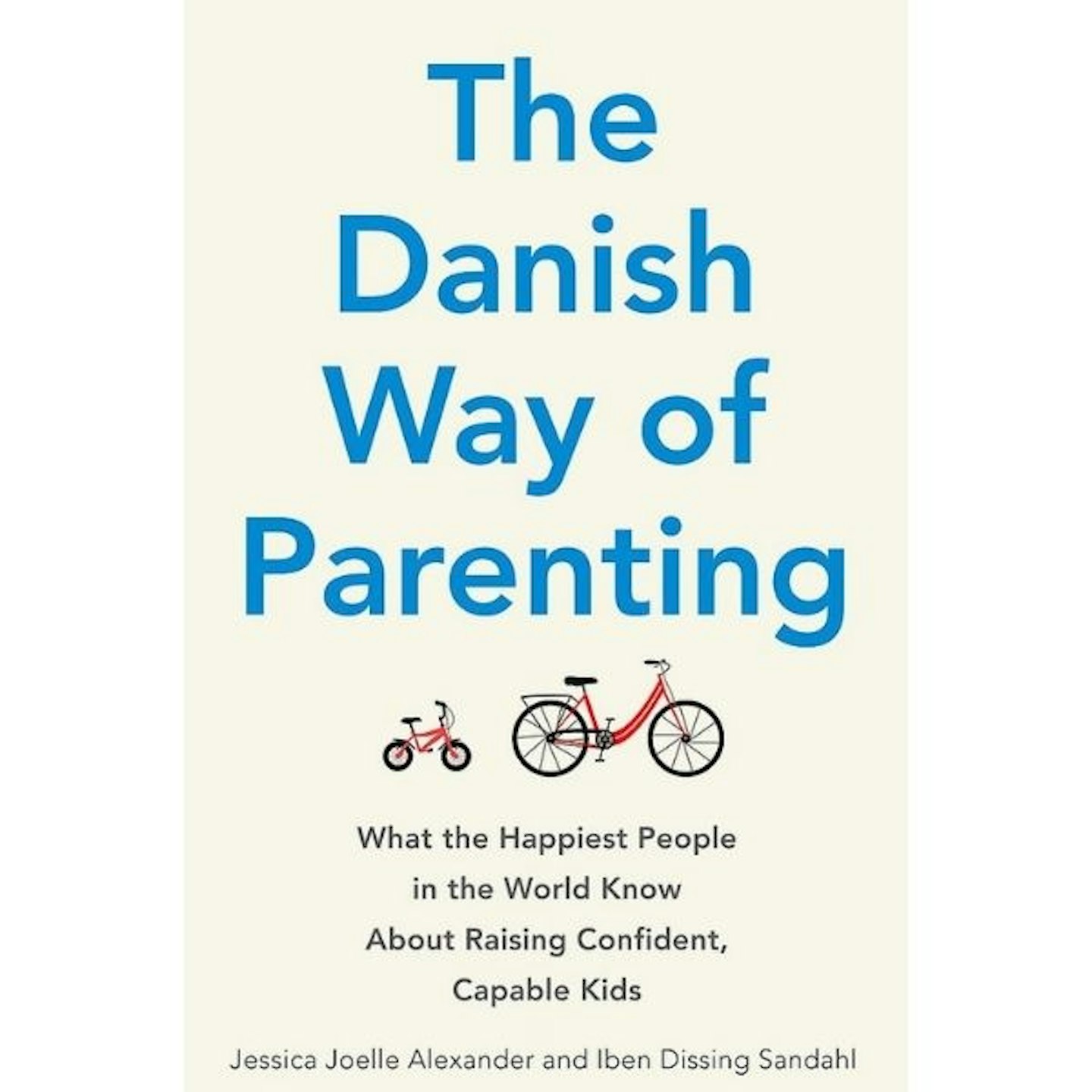 28 of 30
28 of 30The Danish Way Of Parenting
What makes Denmark the happiest country in the world, and how do Danish parents raise happy, confident, successful kids, year after year? This upbeat and practical guide reveals the six essential principles that have been working for parents in Denmark for decades:
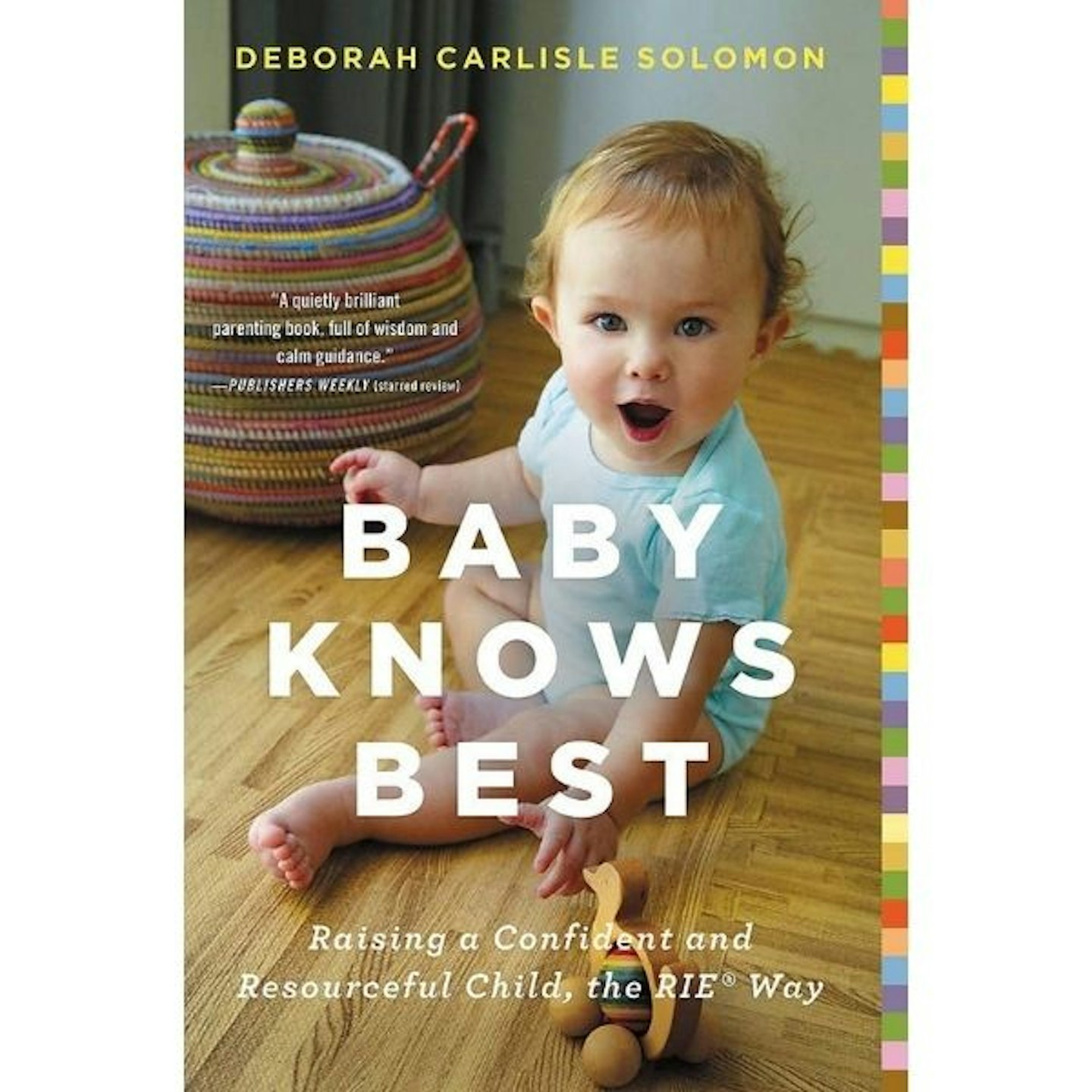 29 of 30
29 of 30Baby Knows Best
Baby Knows Best is a comprehensive guide that shows parents how to respond to their babies' cues and signals; how to develop healthy sleep habits, why babies need uninterrupted playtime and how to set clear consistent limits. After reading as parents you will be more relaxed and also have more confident, self-reliant children.
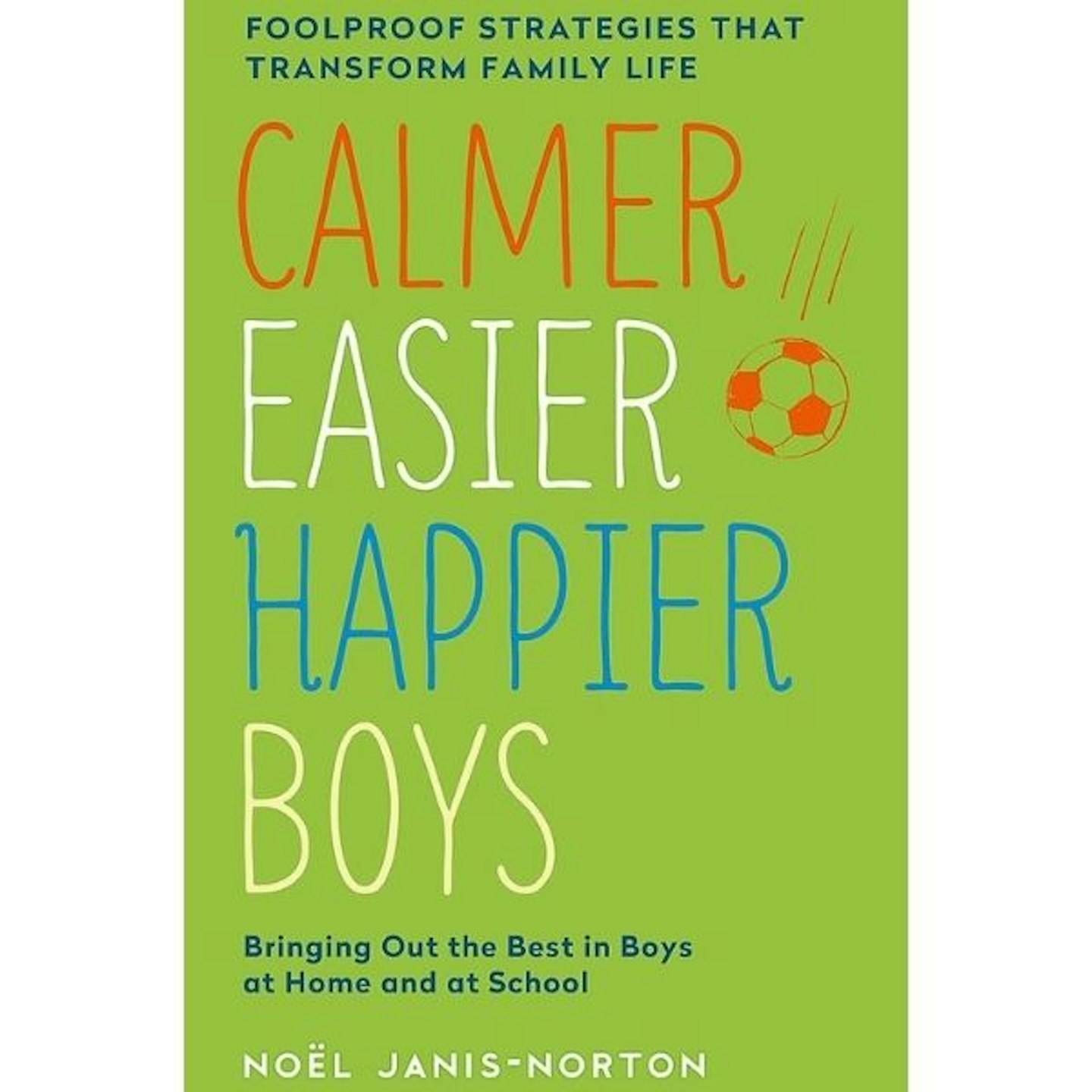 30 of 30
30 of 30Calmer, Easier, Happier Boys
Calmer Easier Happier Boys sees parenting expert Noel Janis-Norton explains simple strategies for the unique challenges of raising motivated, cooperative and confident boys. Using the stellar techniques Noel has developed over many years of working with families, parents can get back in charge. Living with boys can become calmer, easier and happier.
